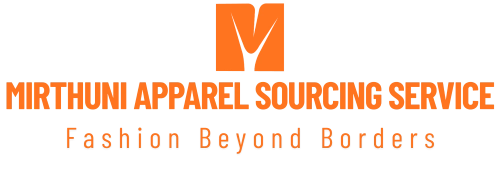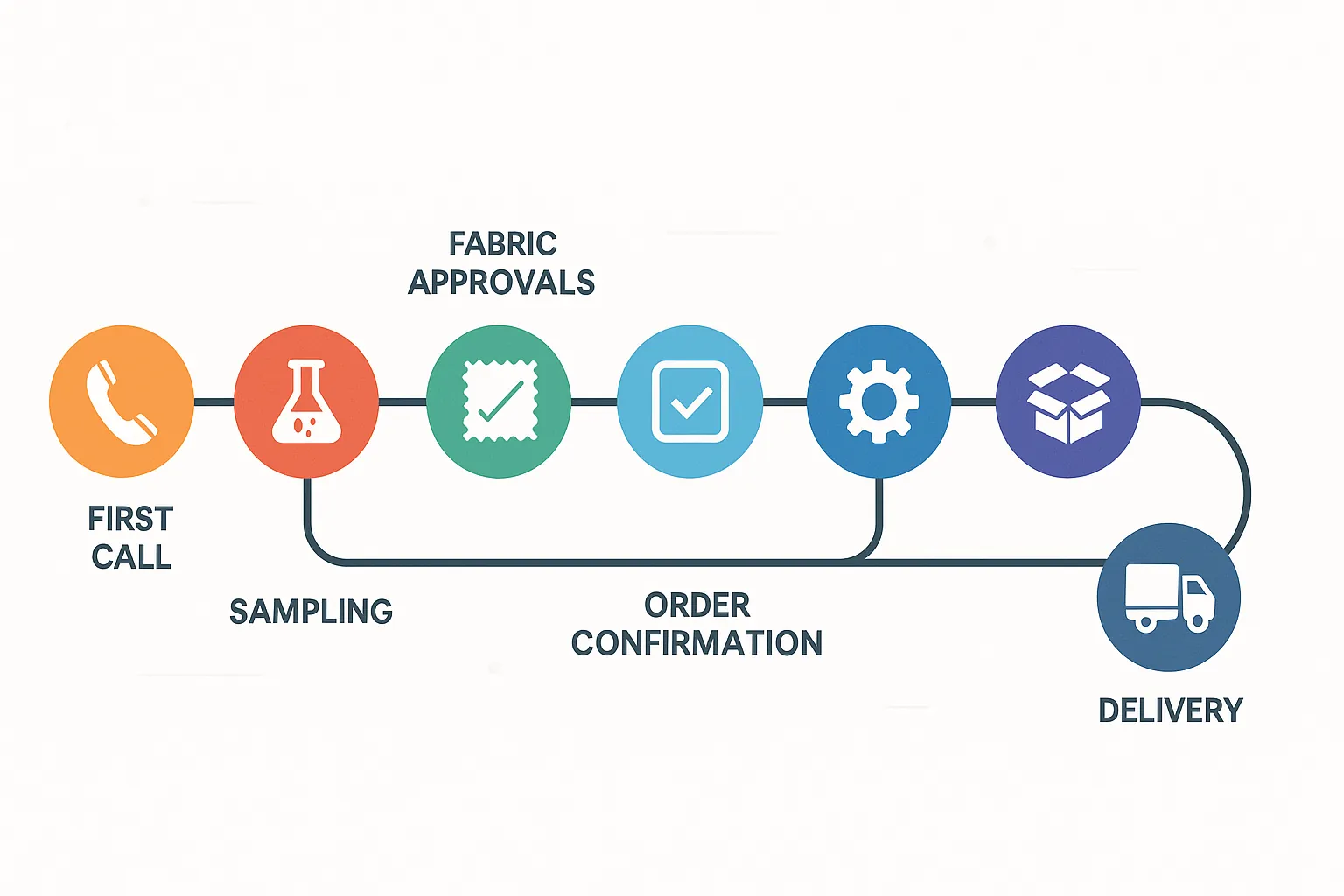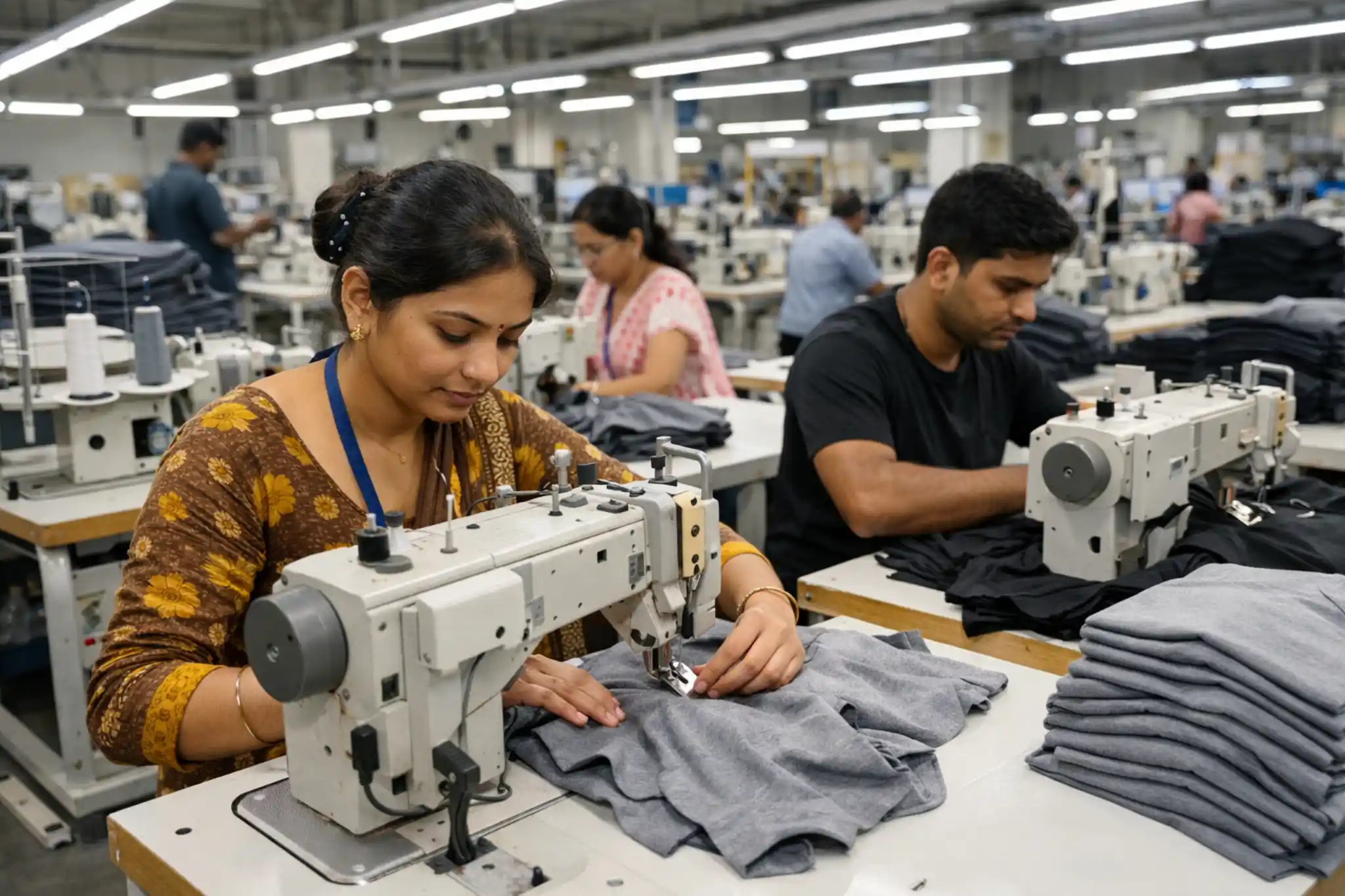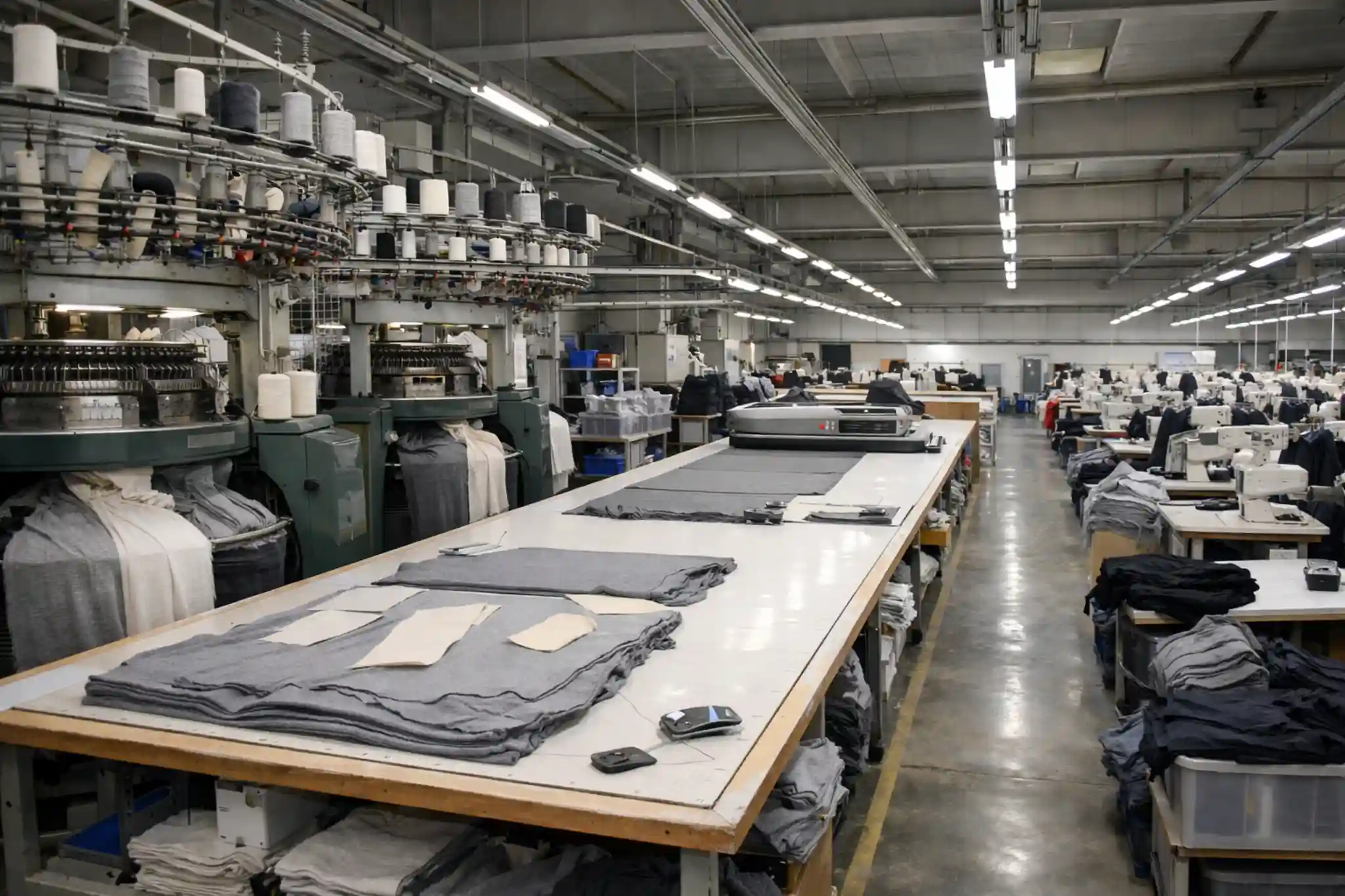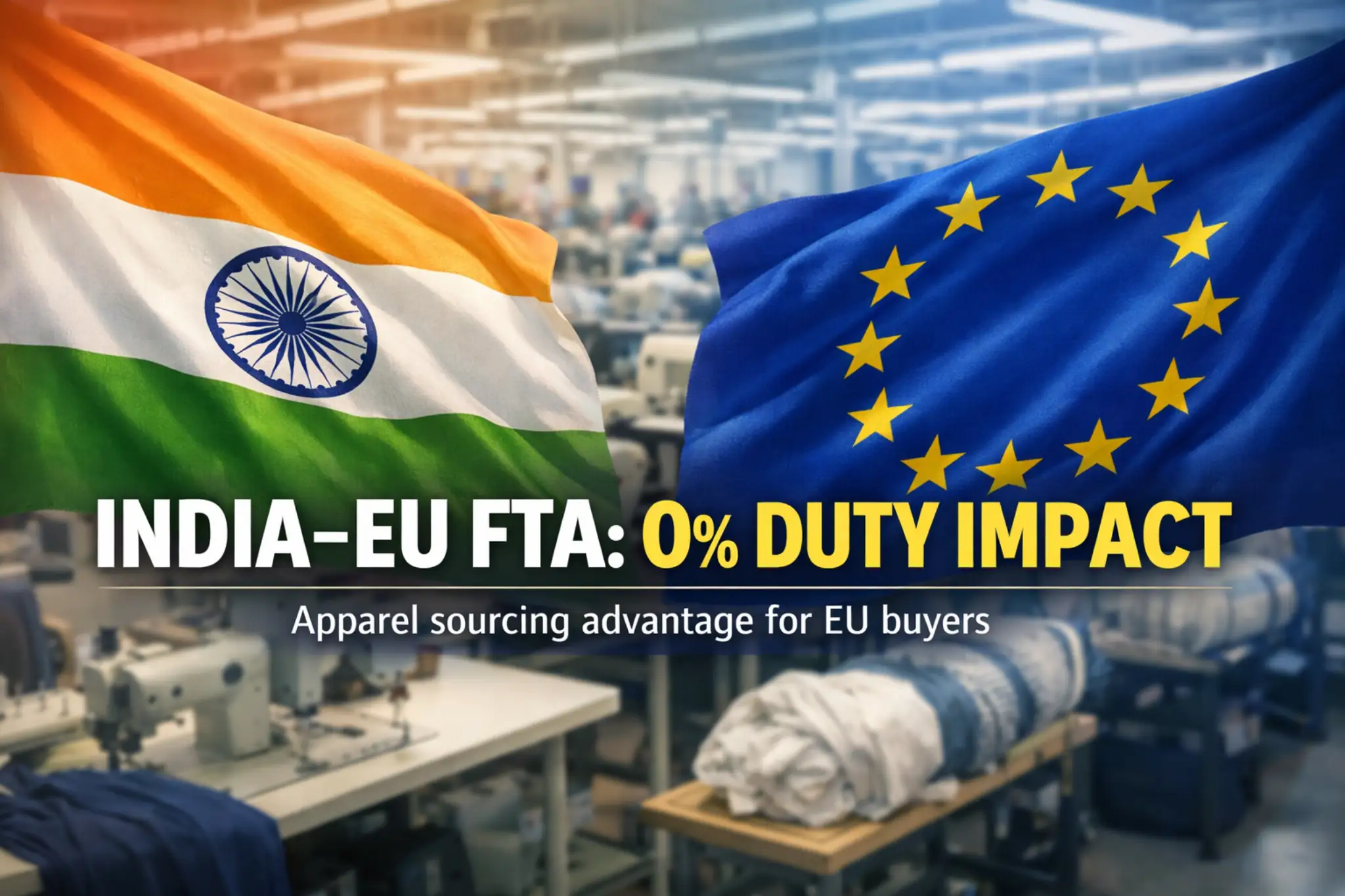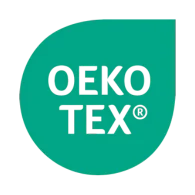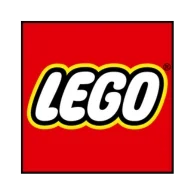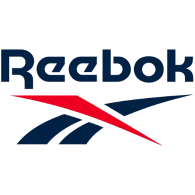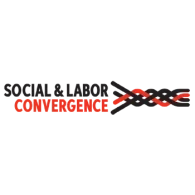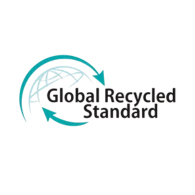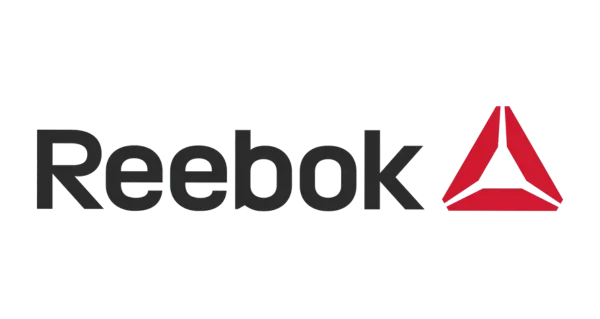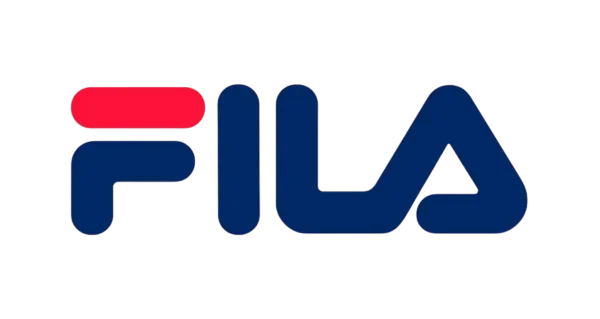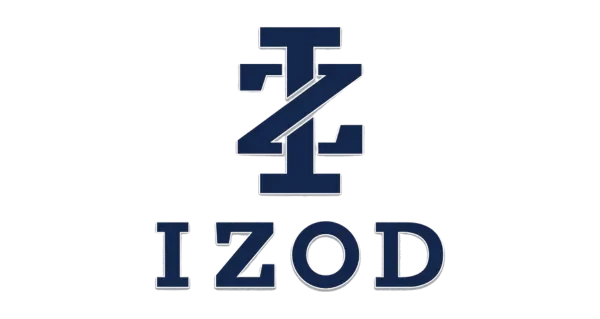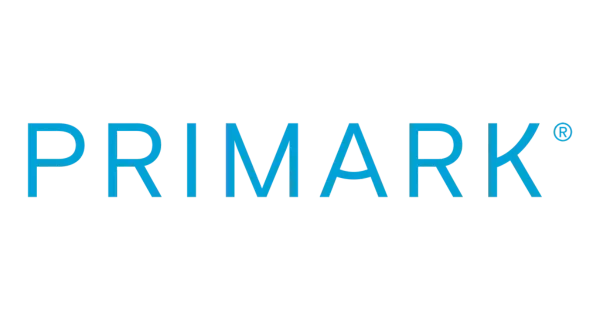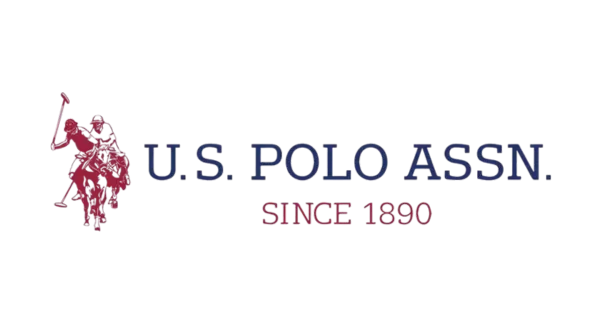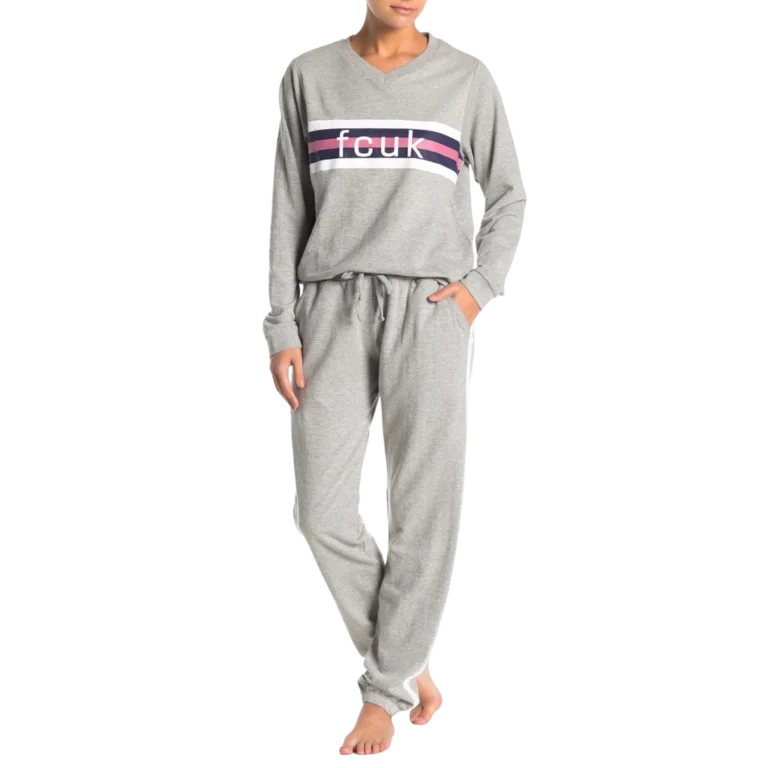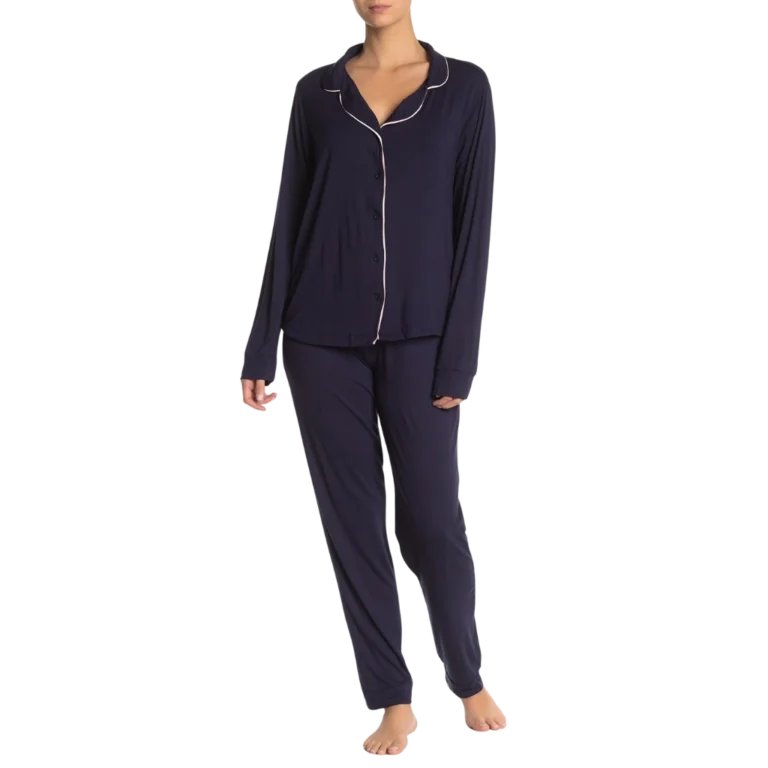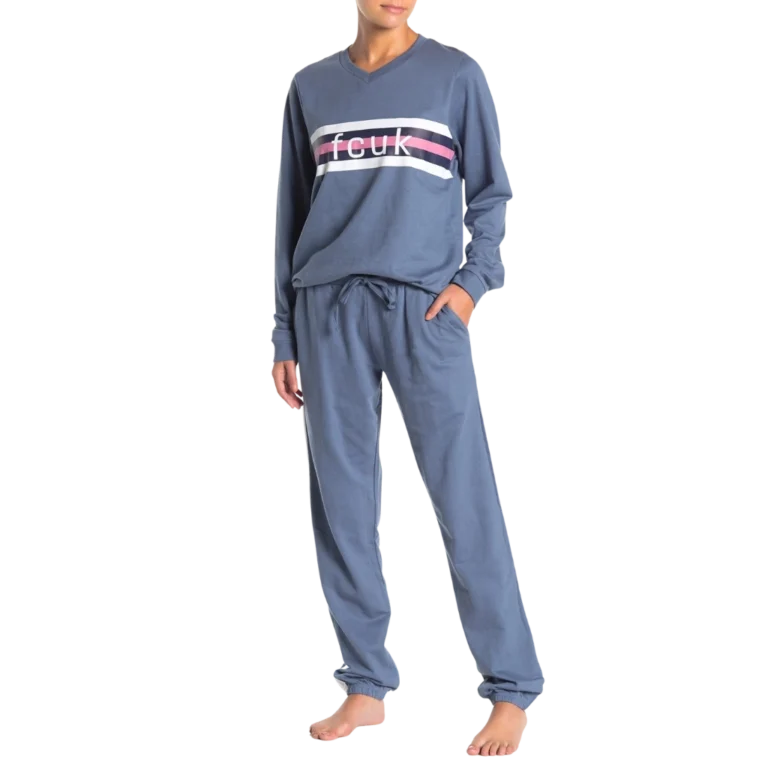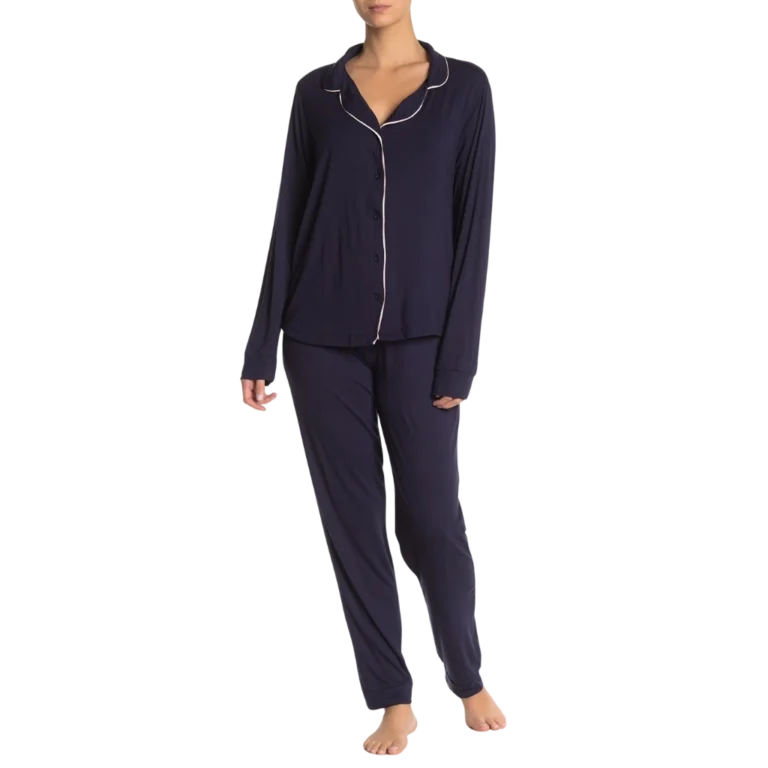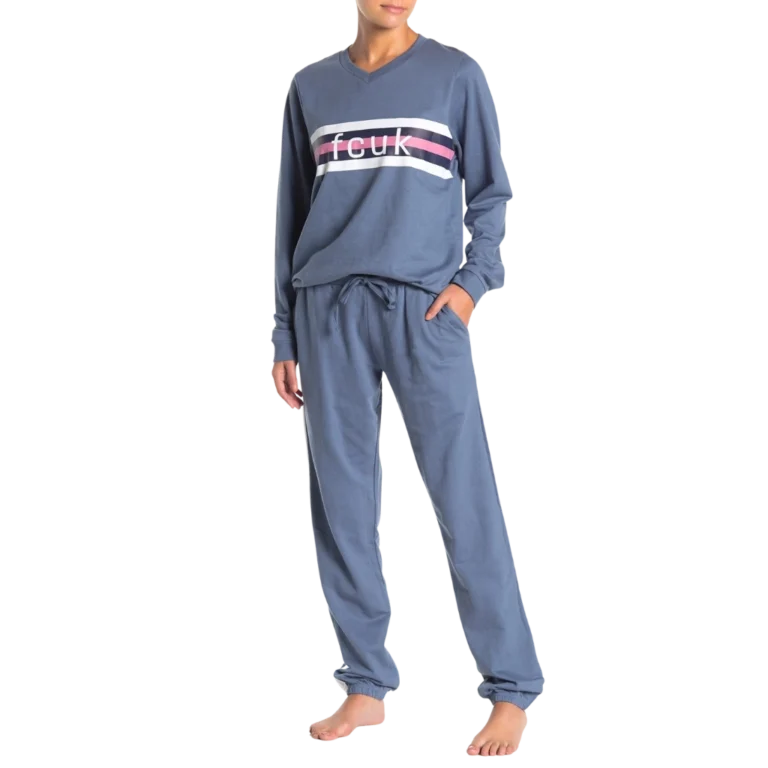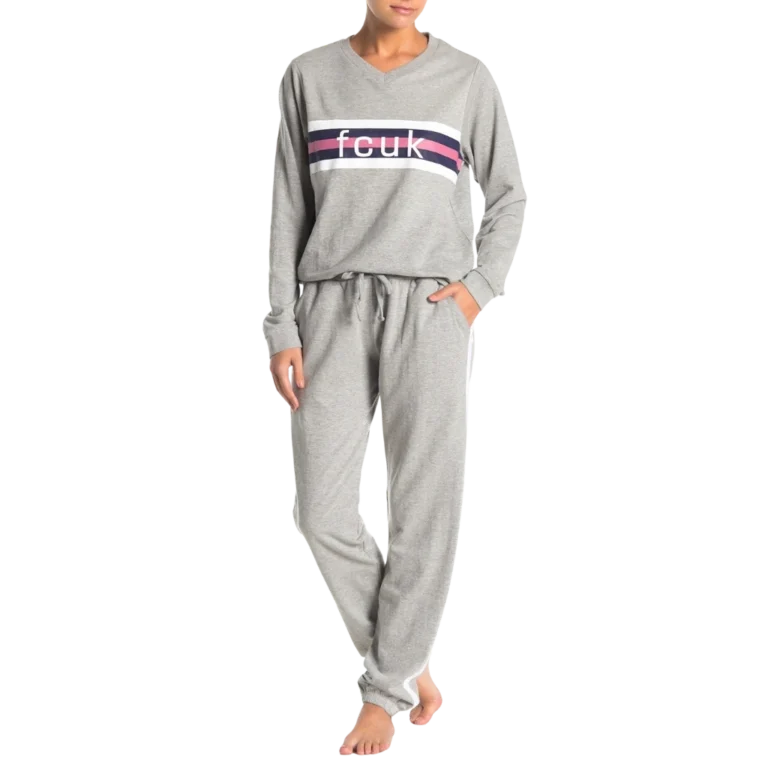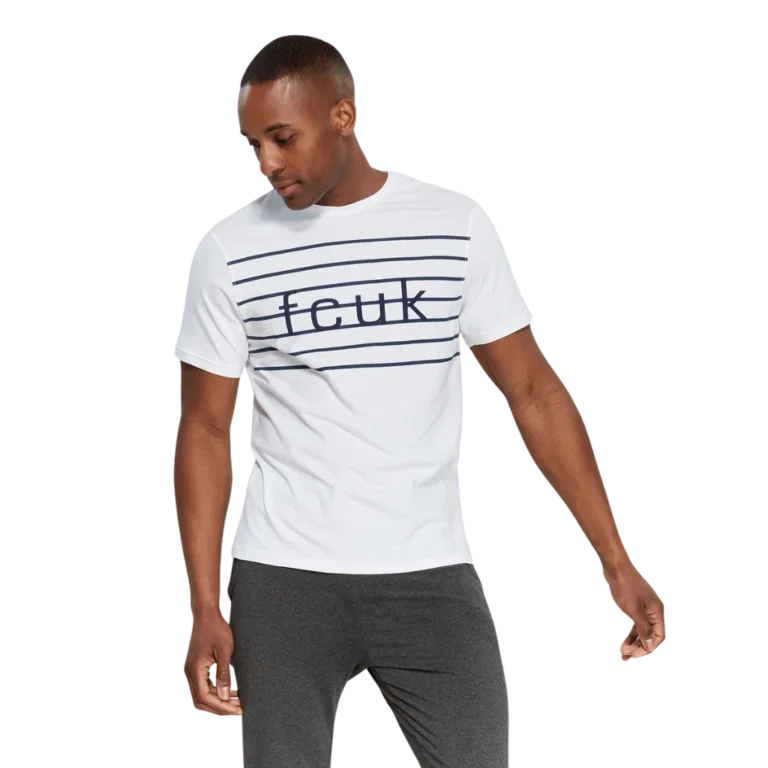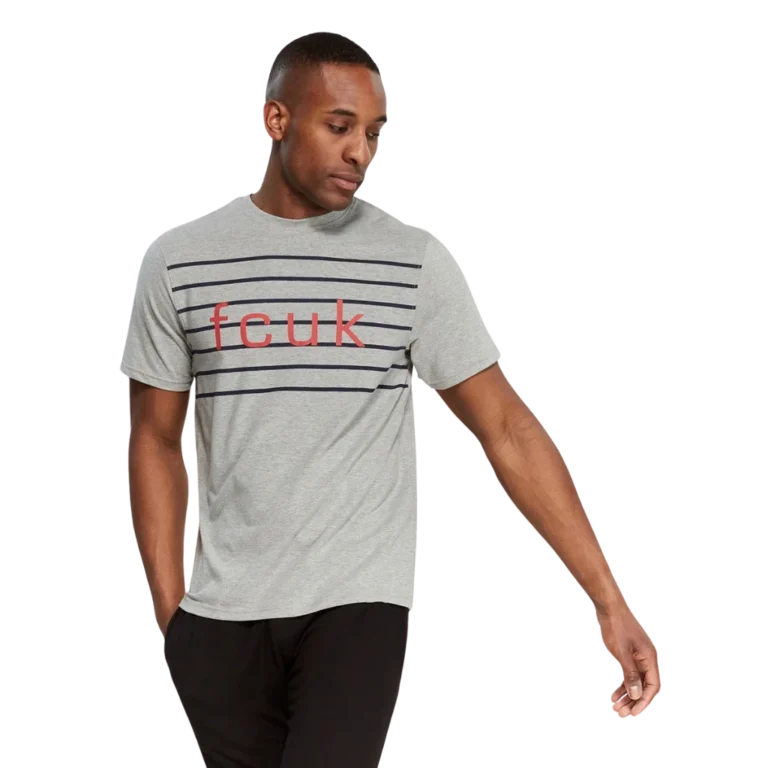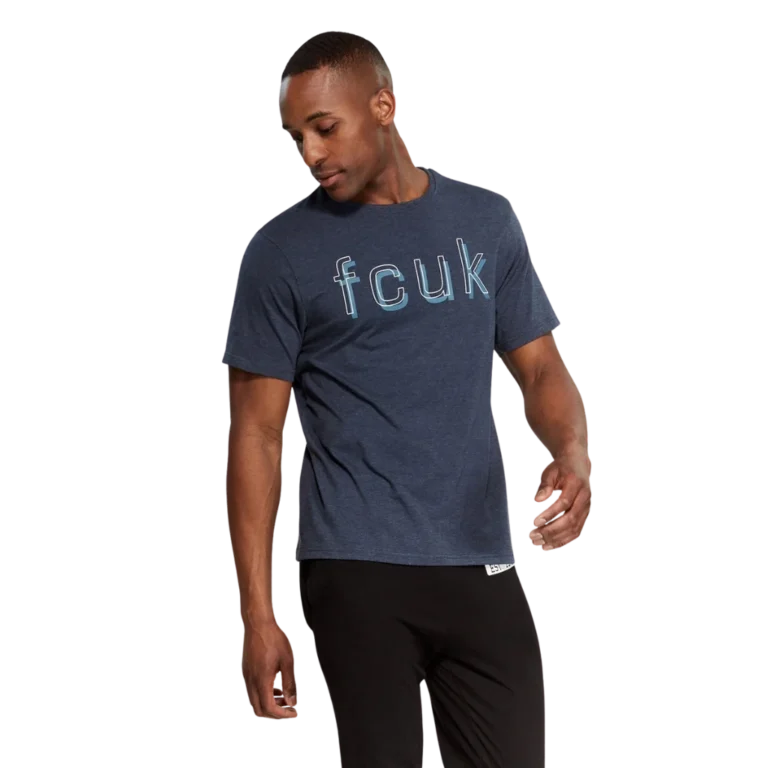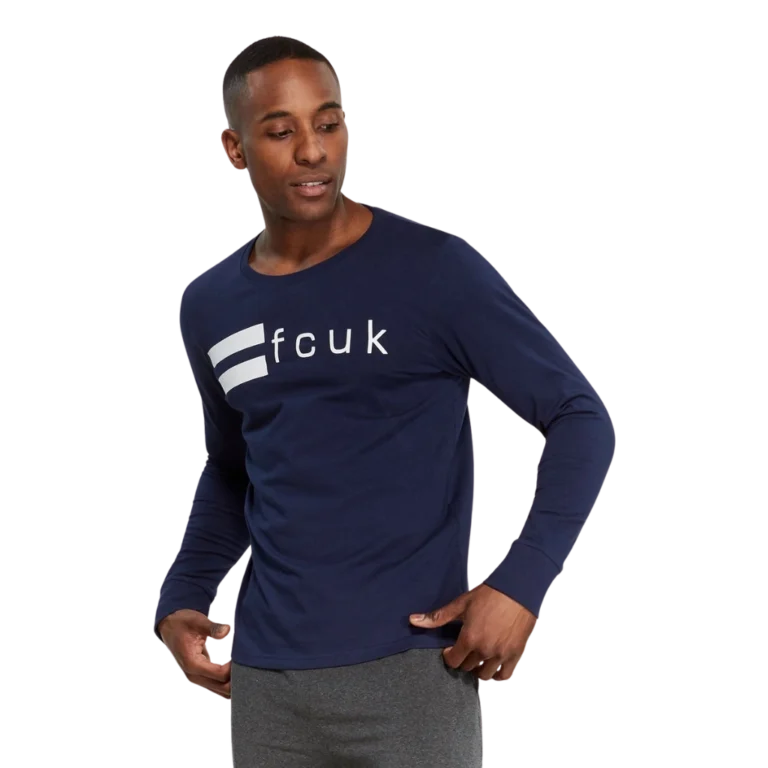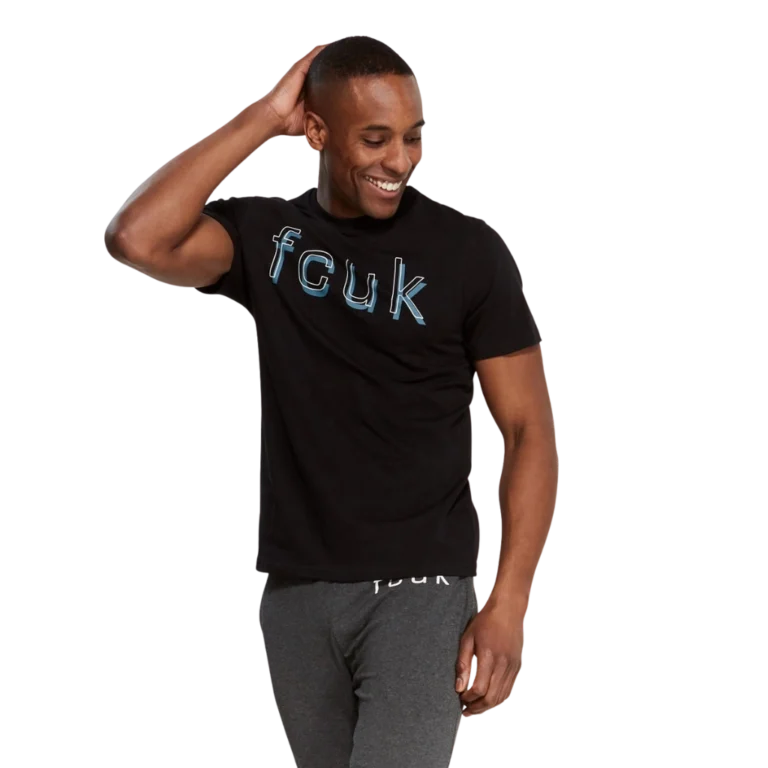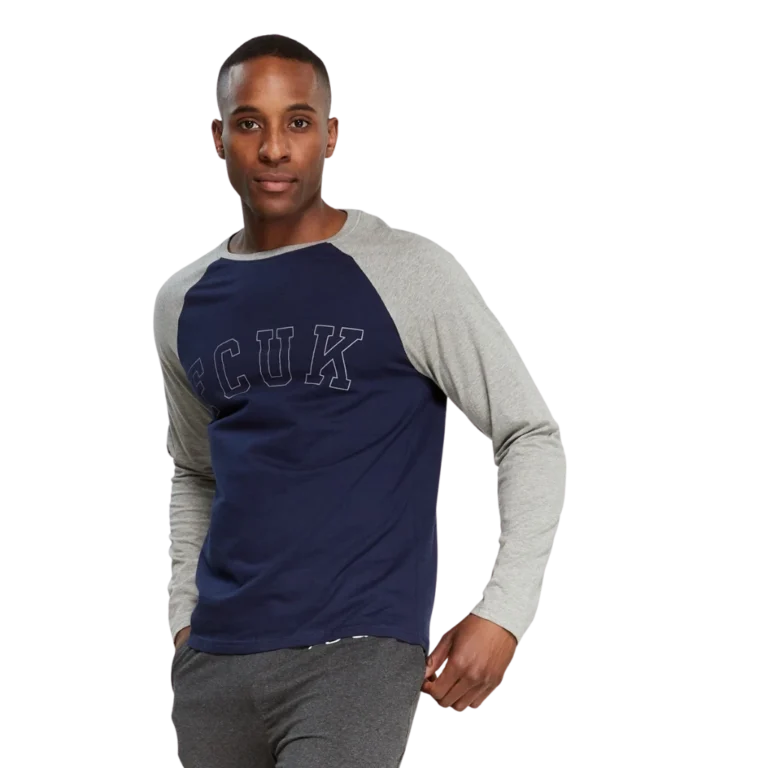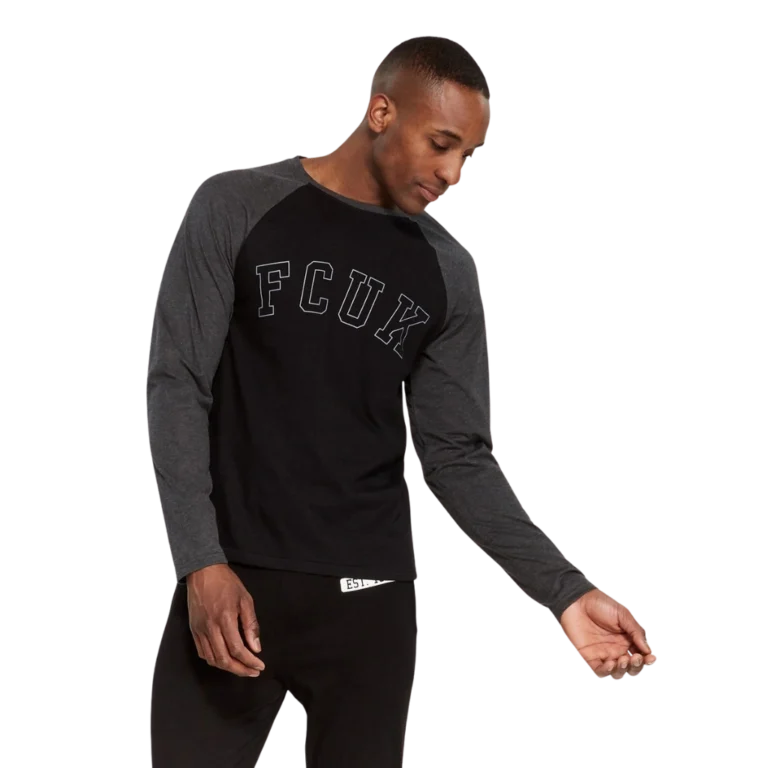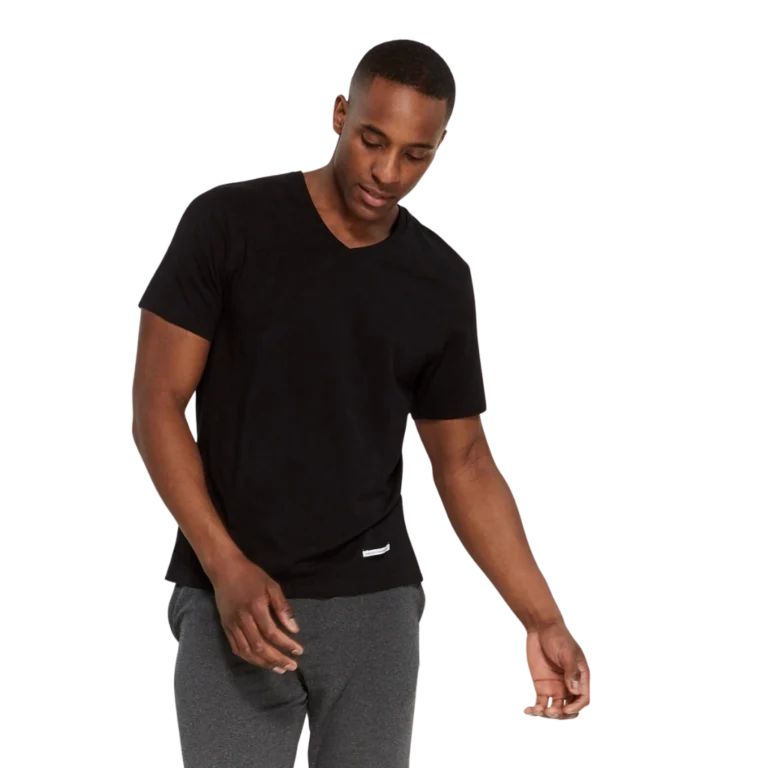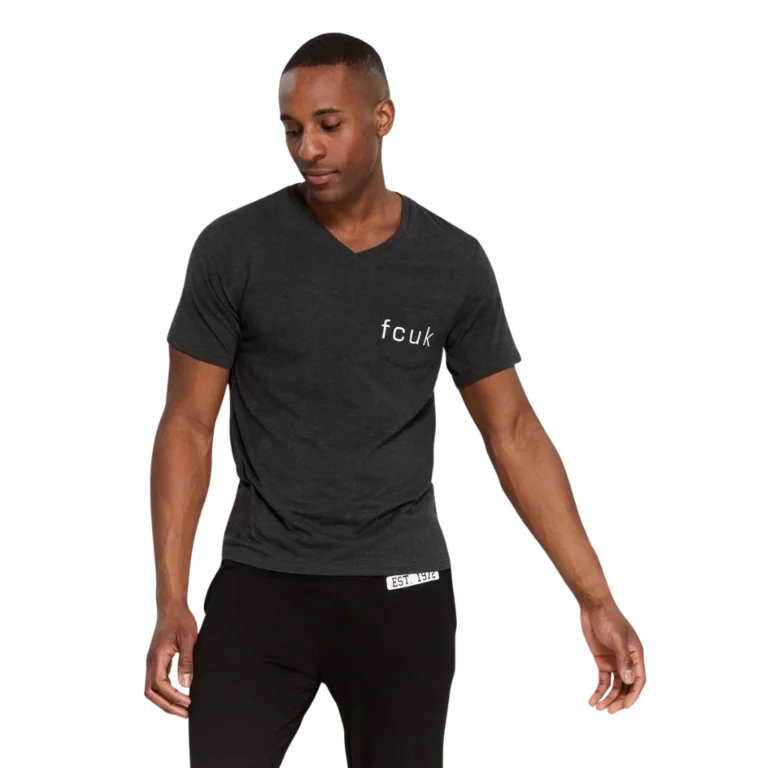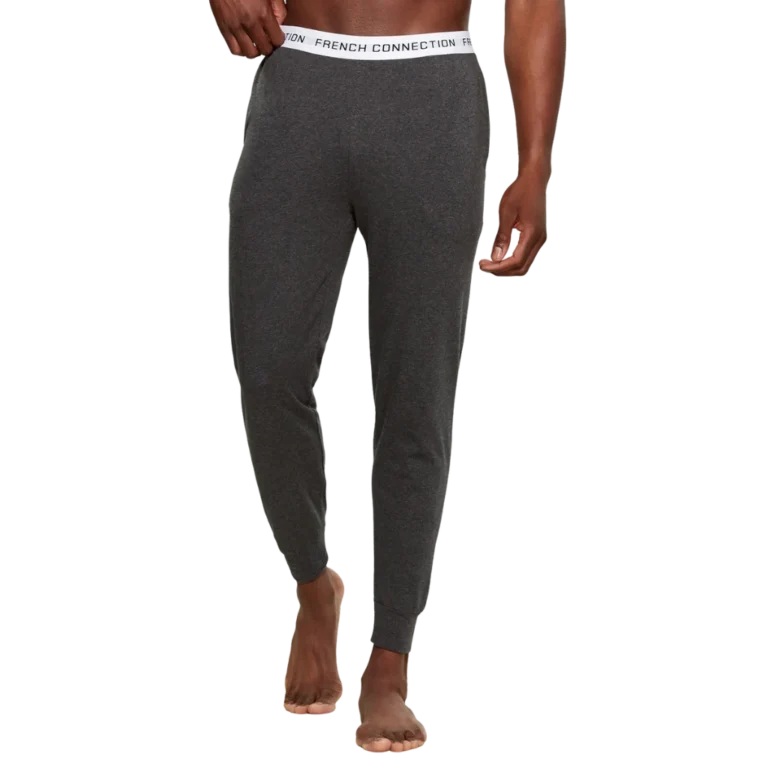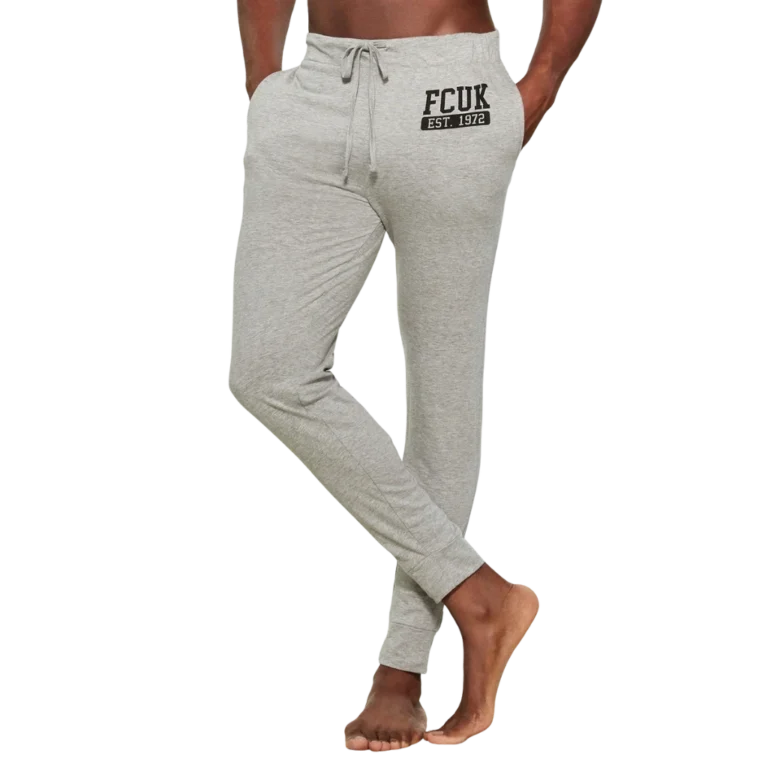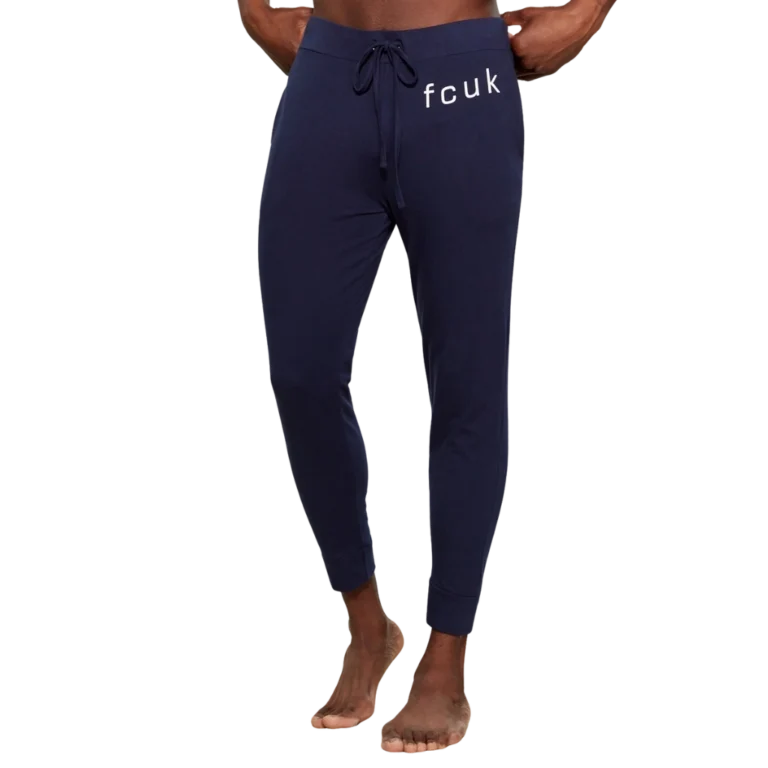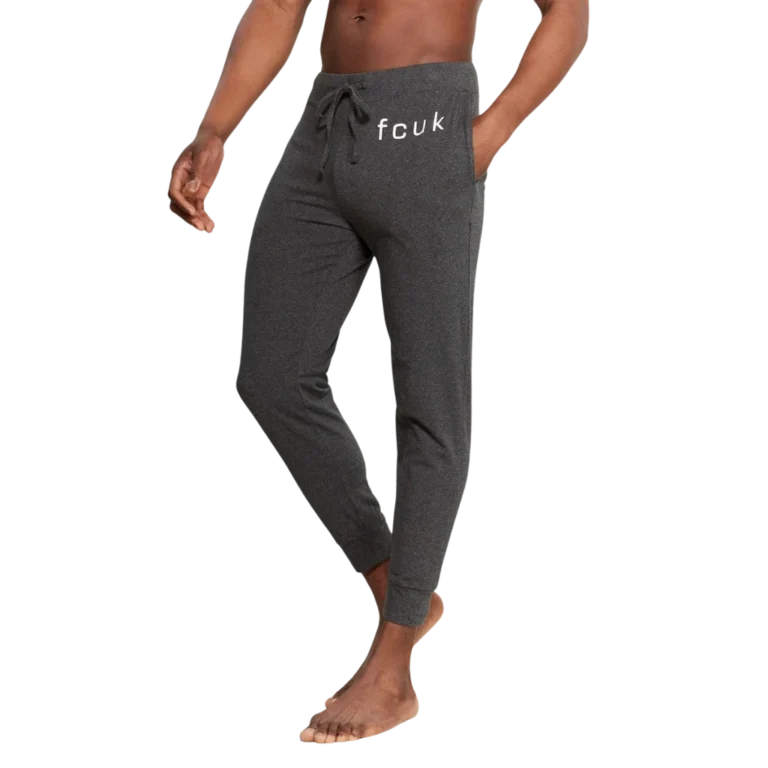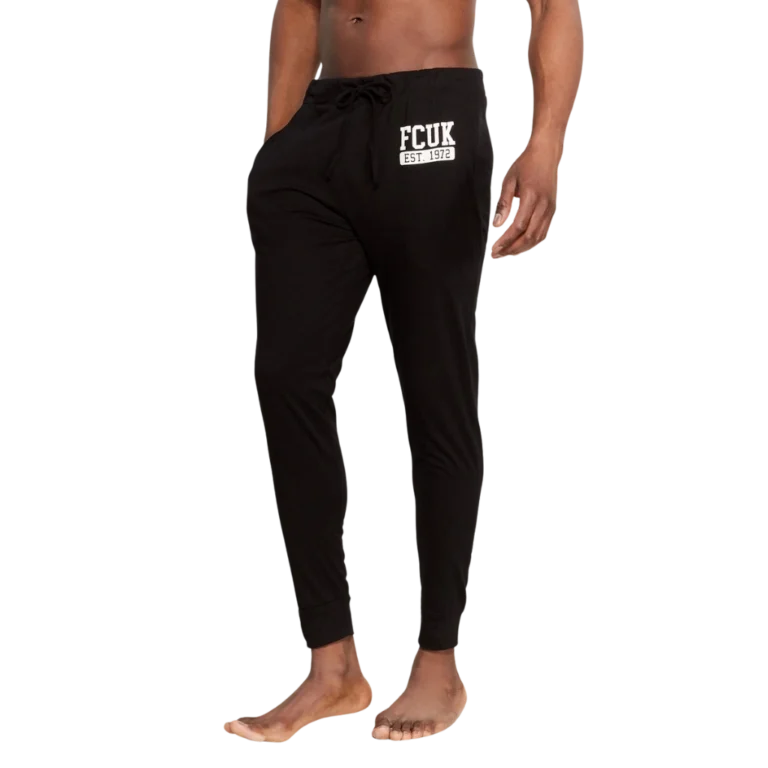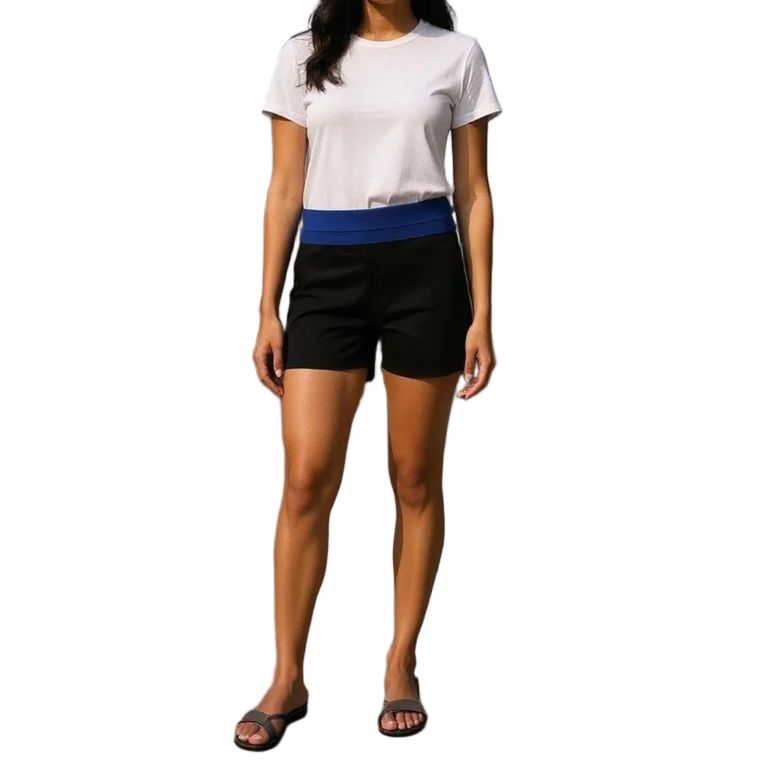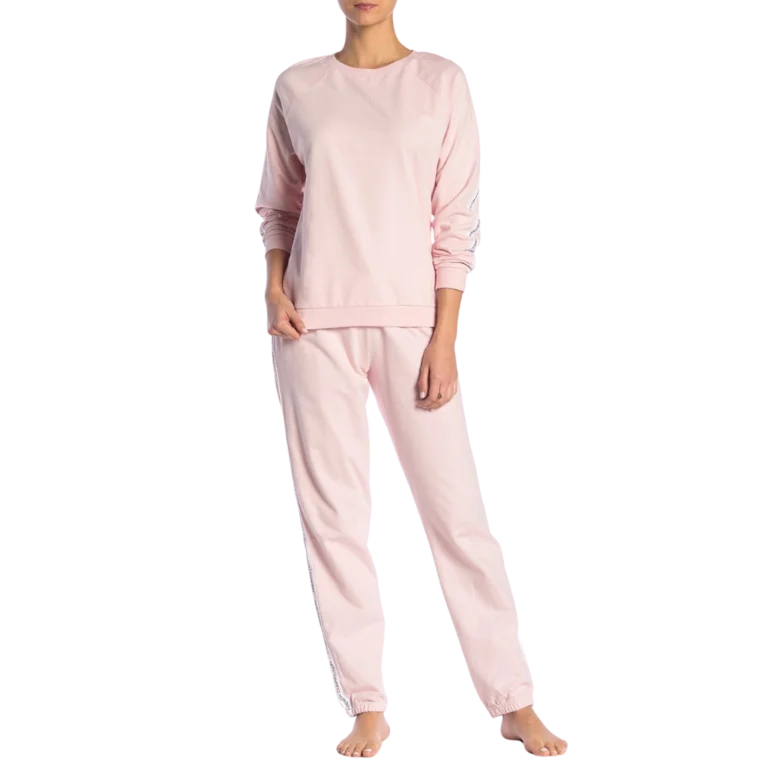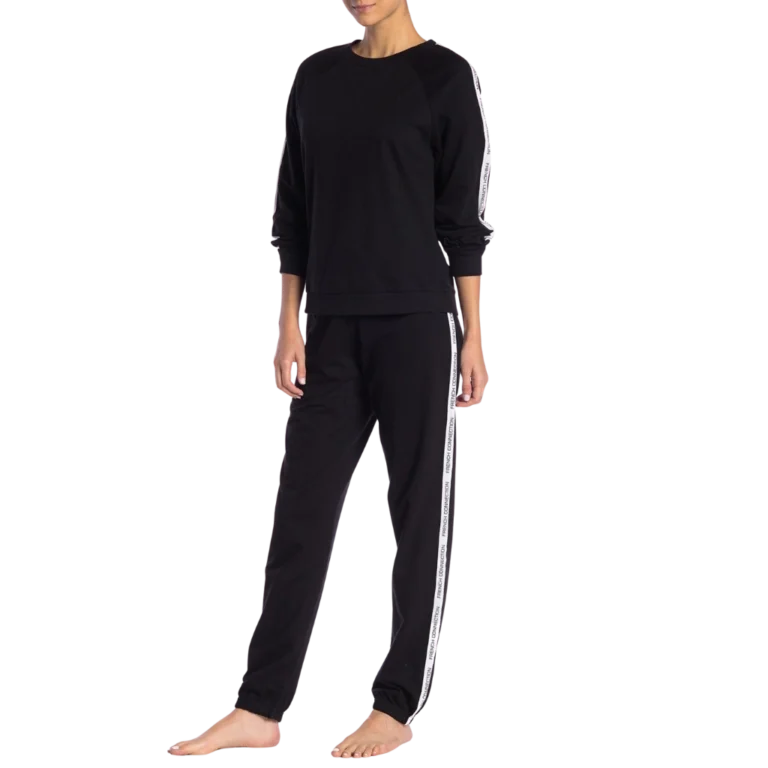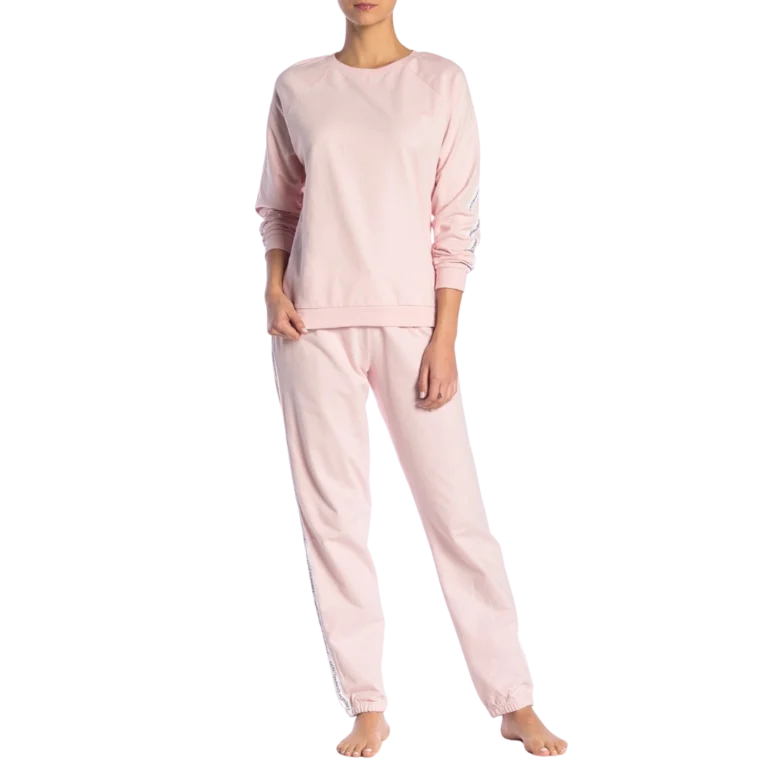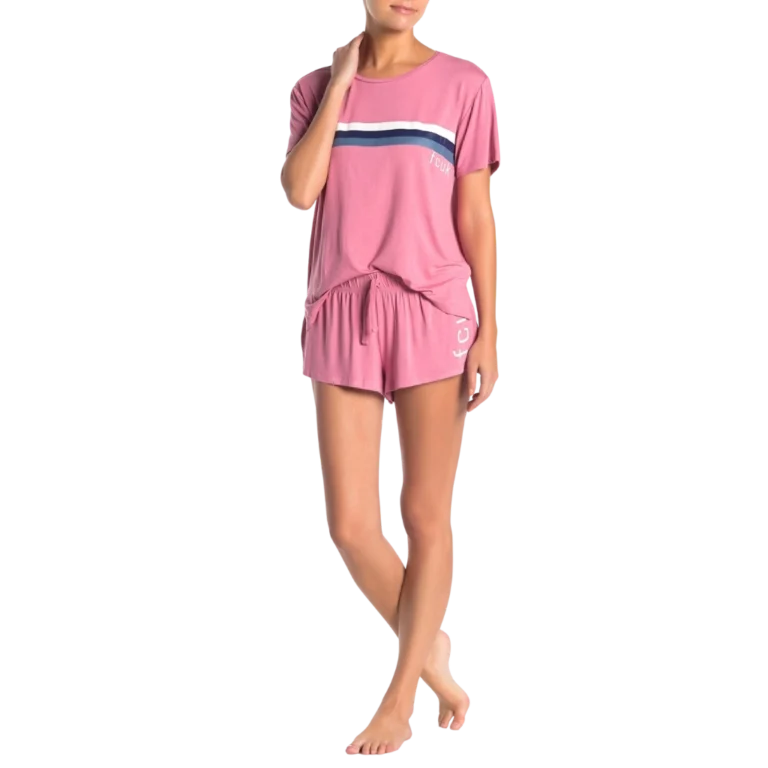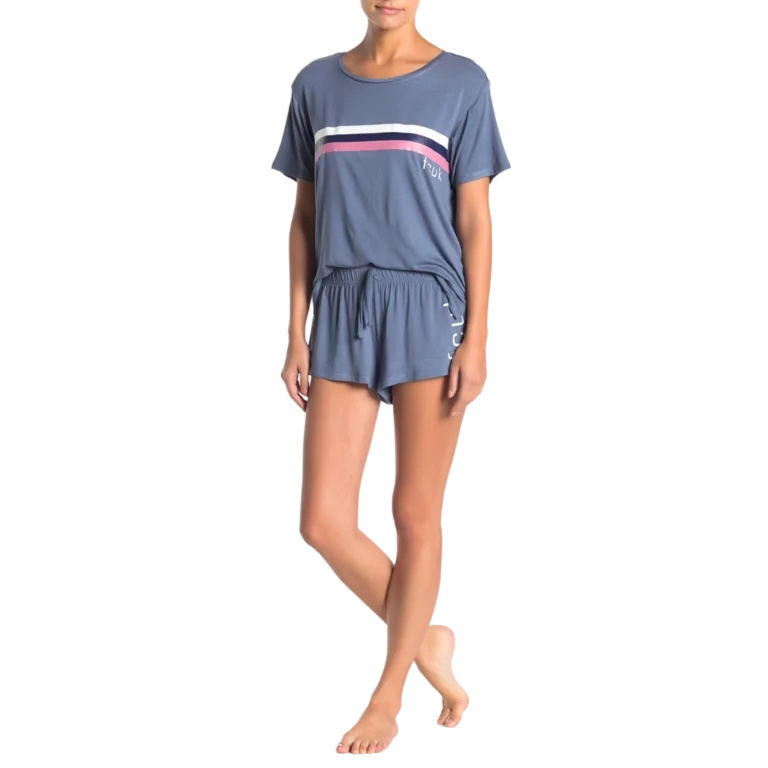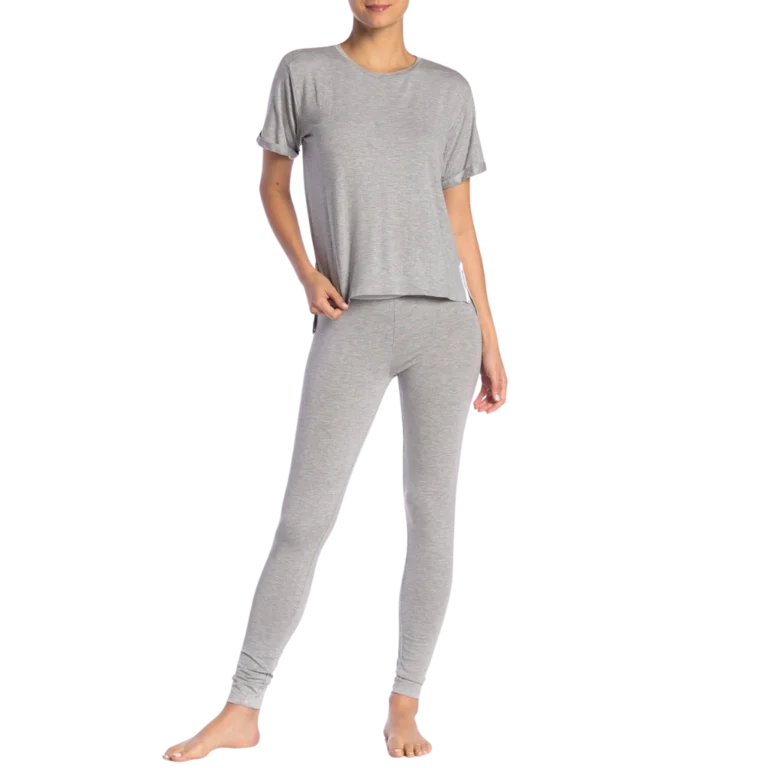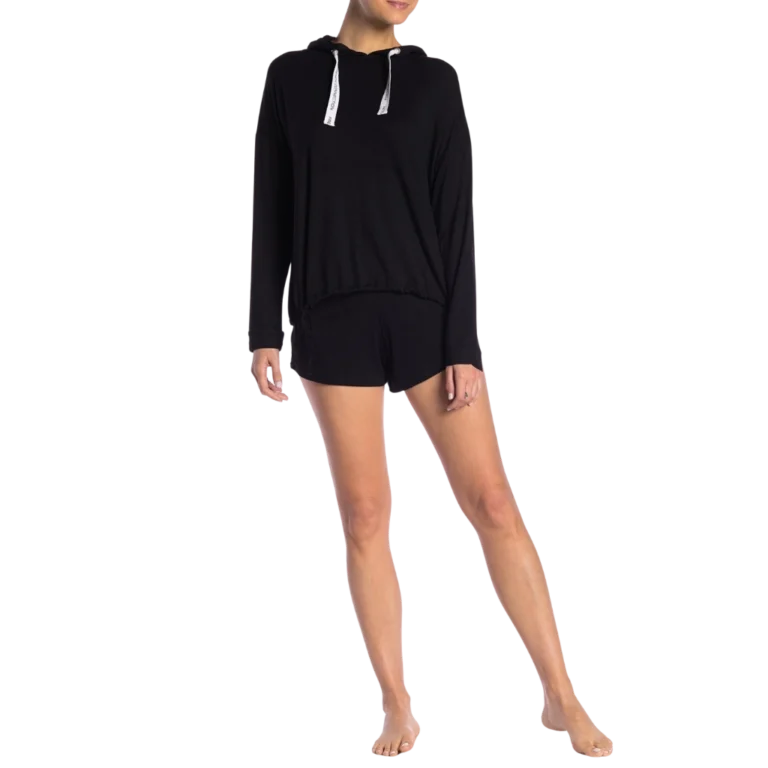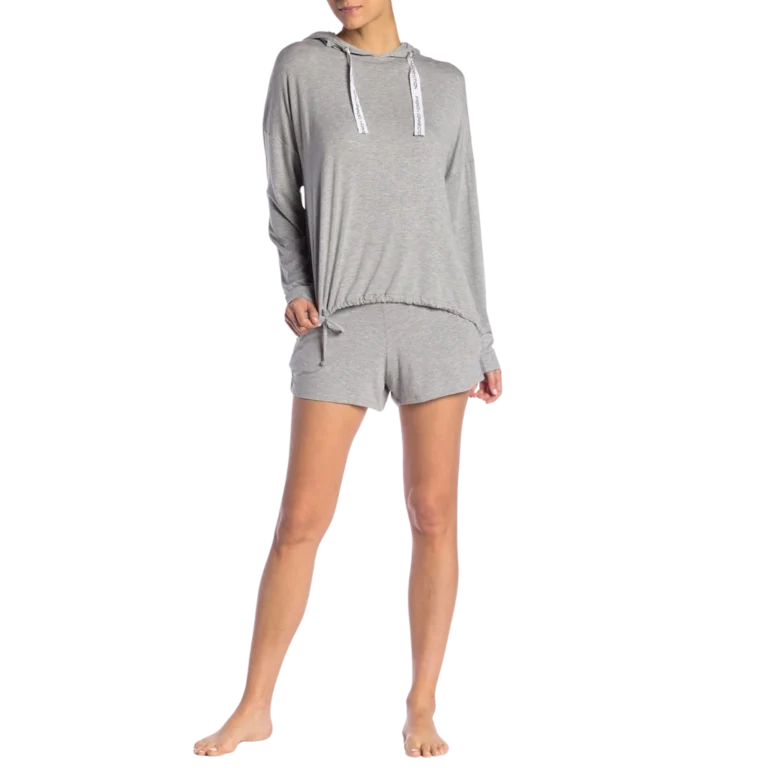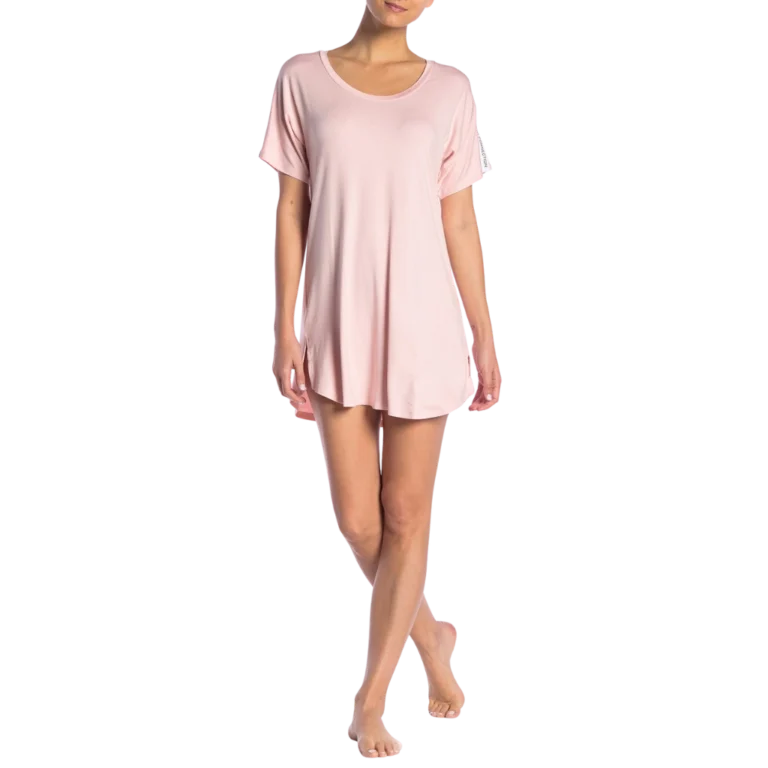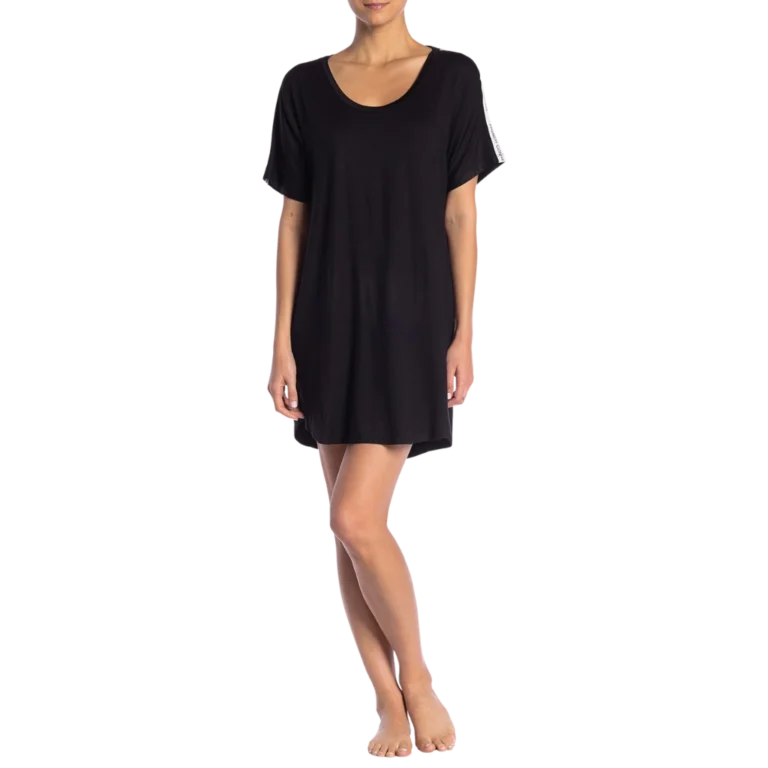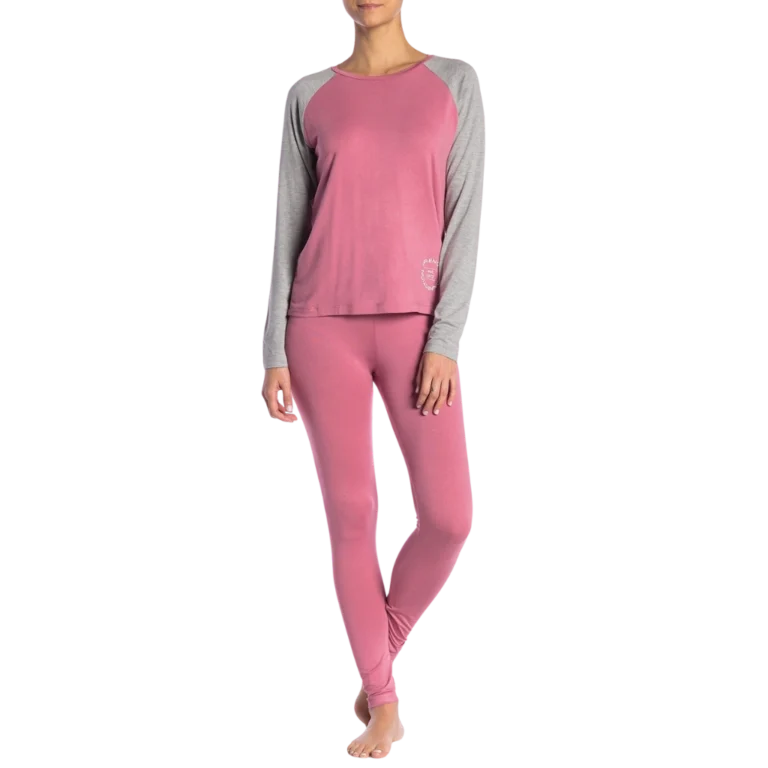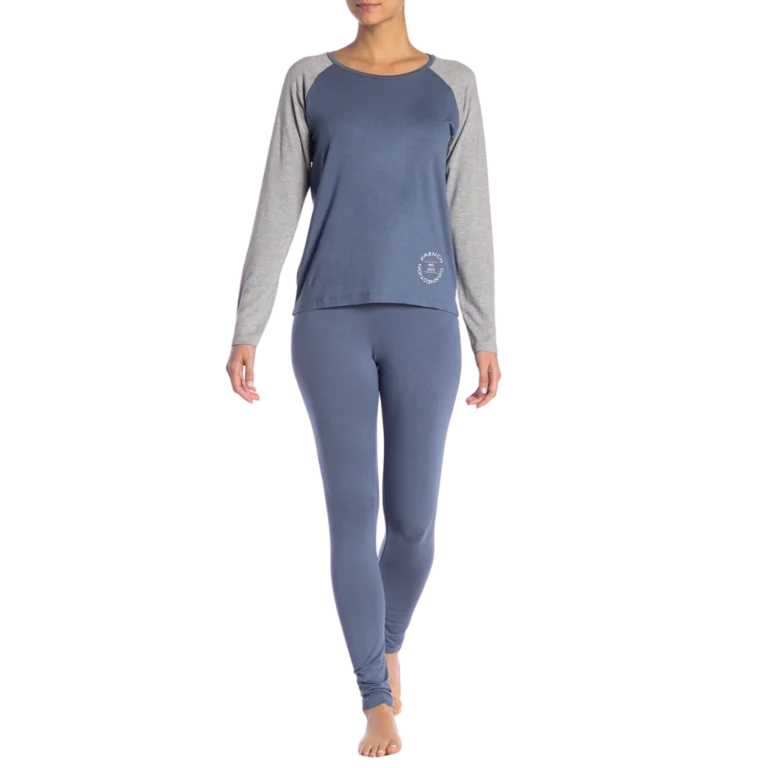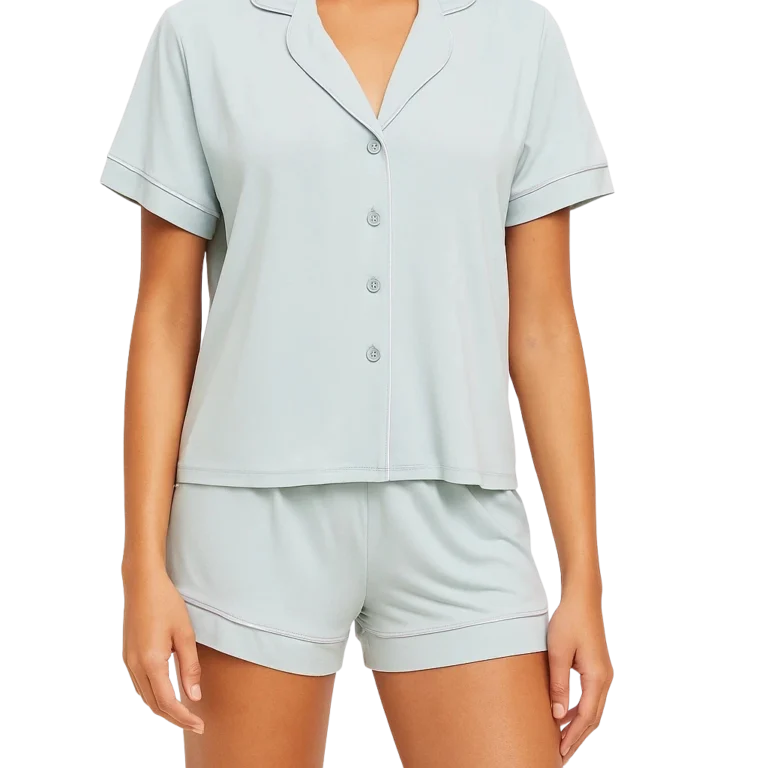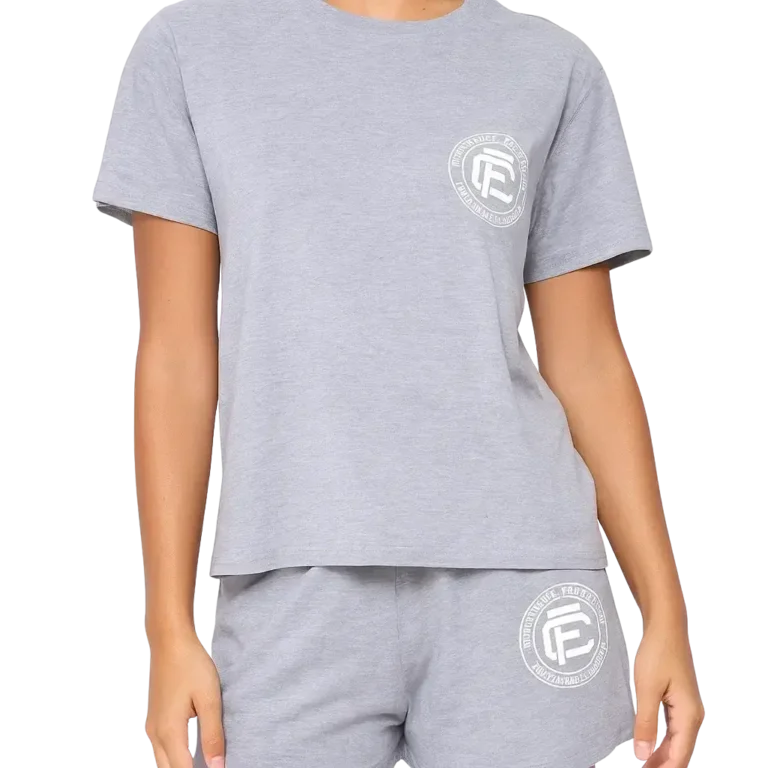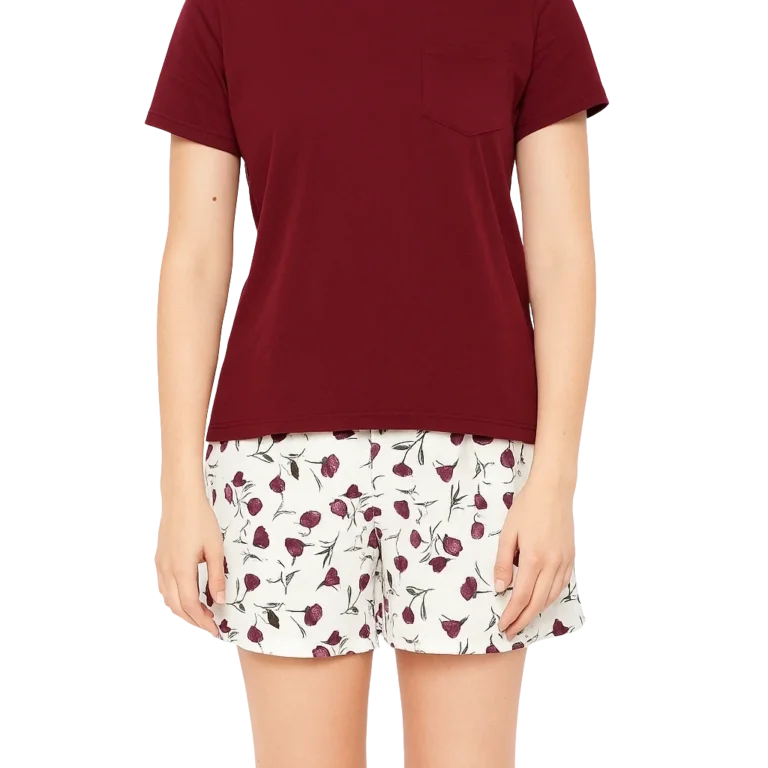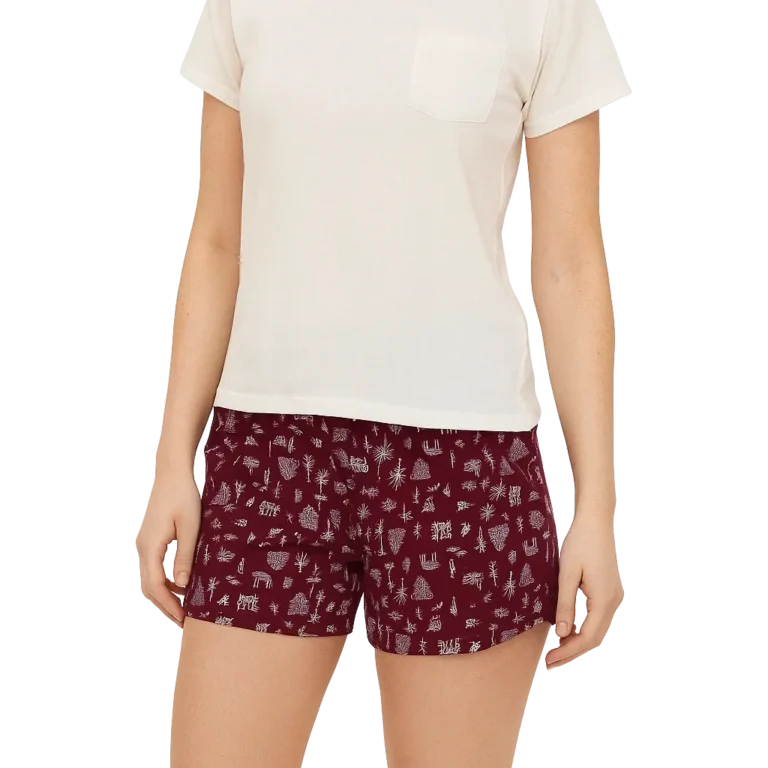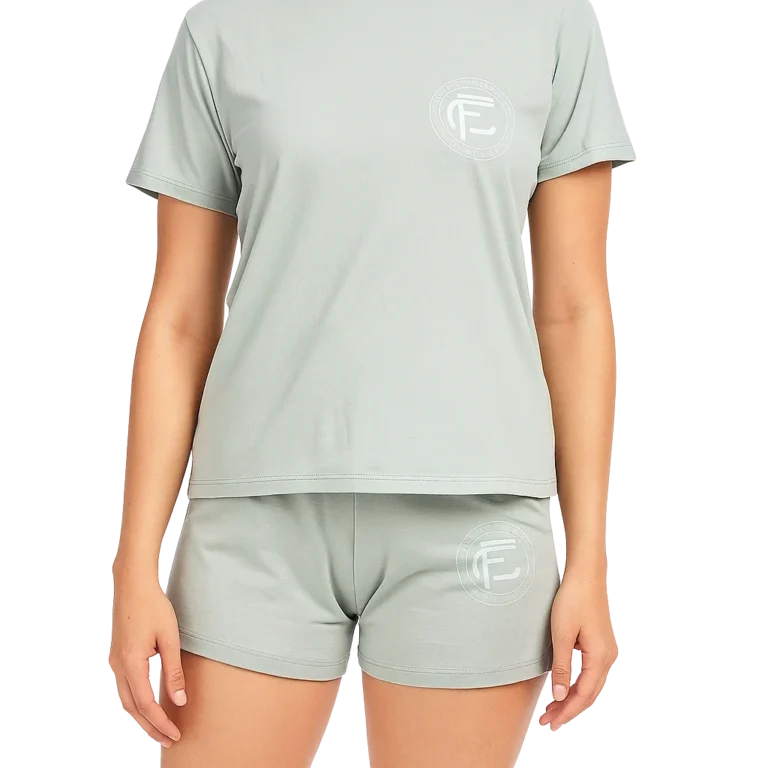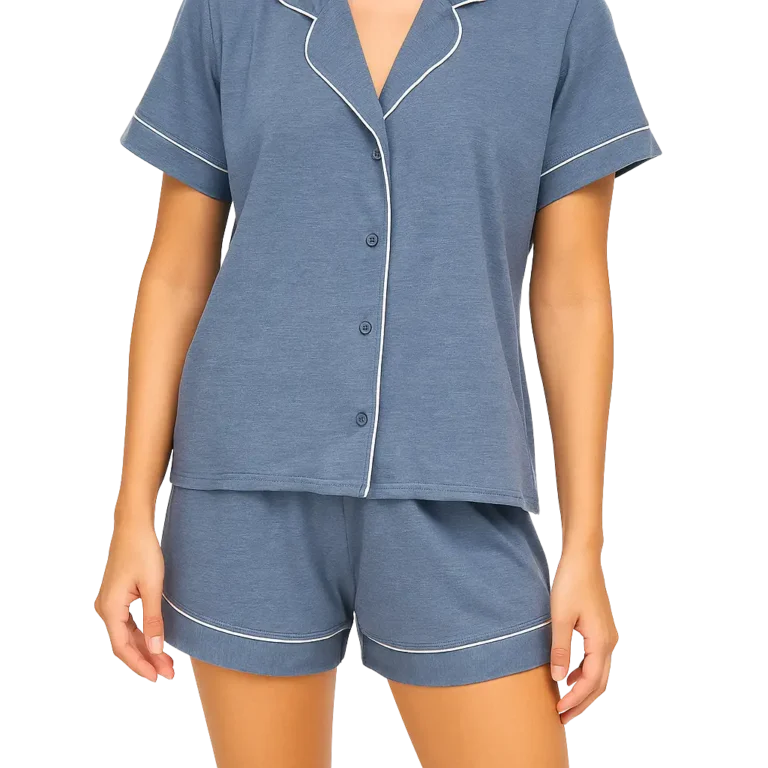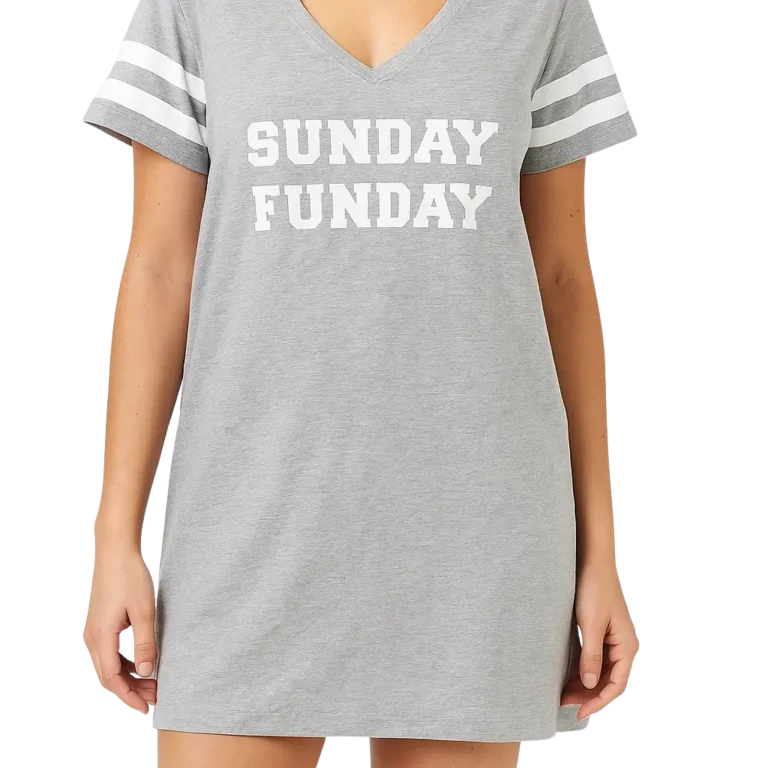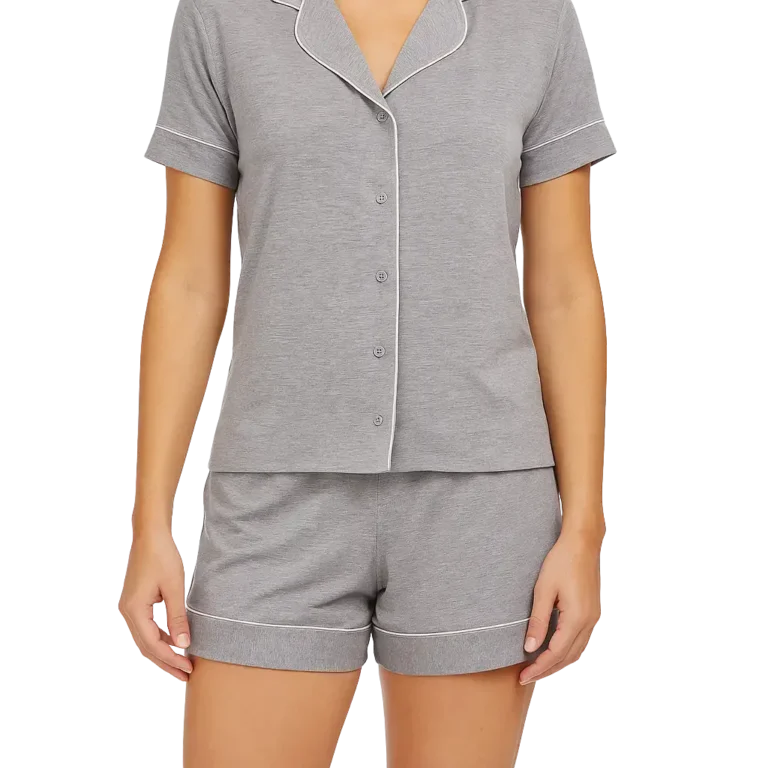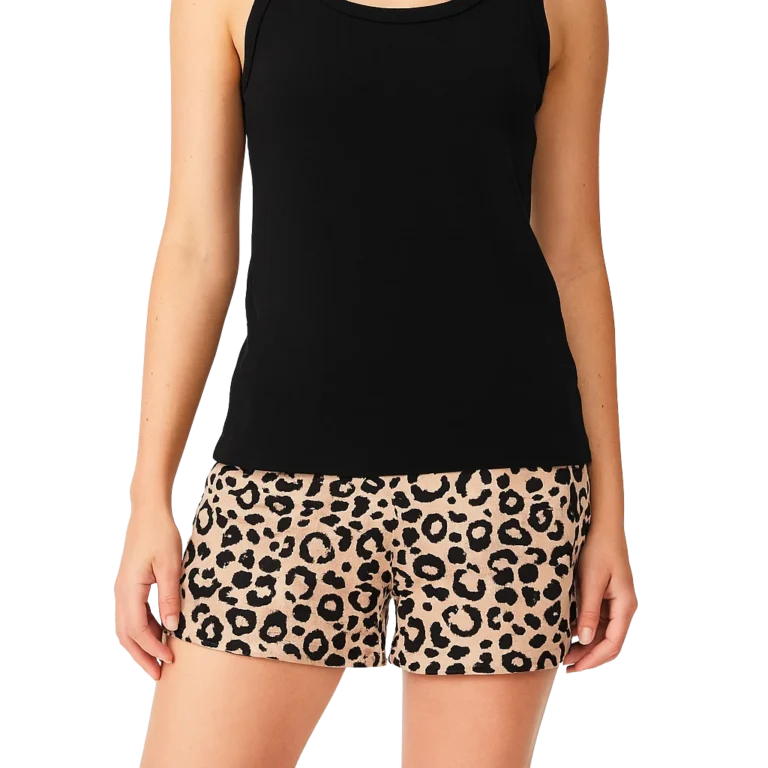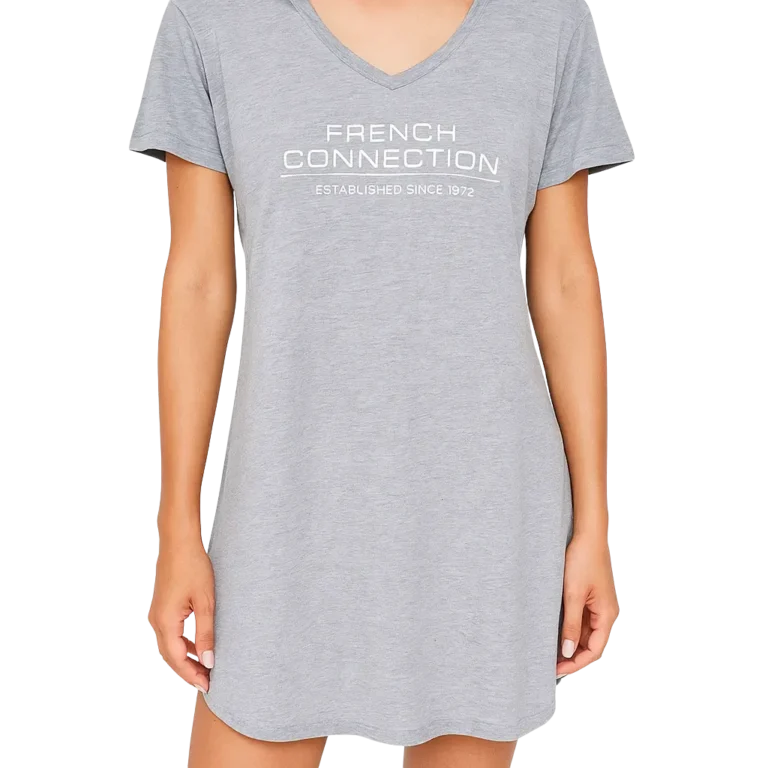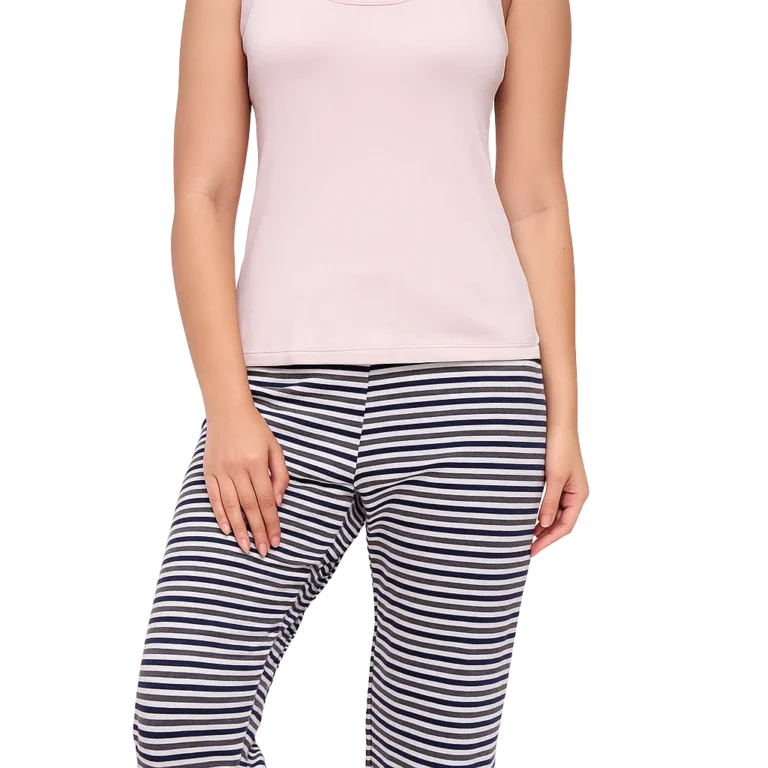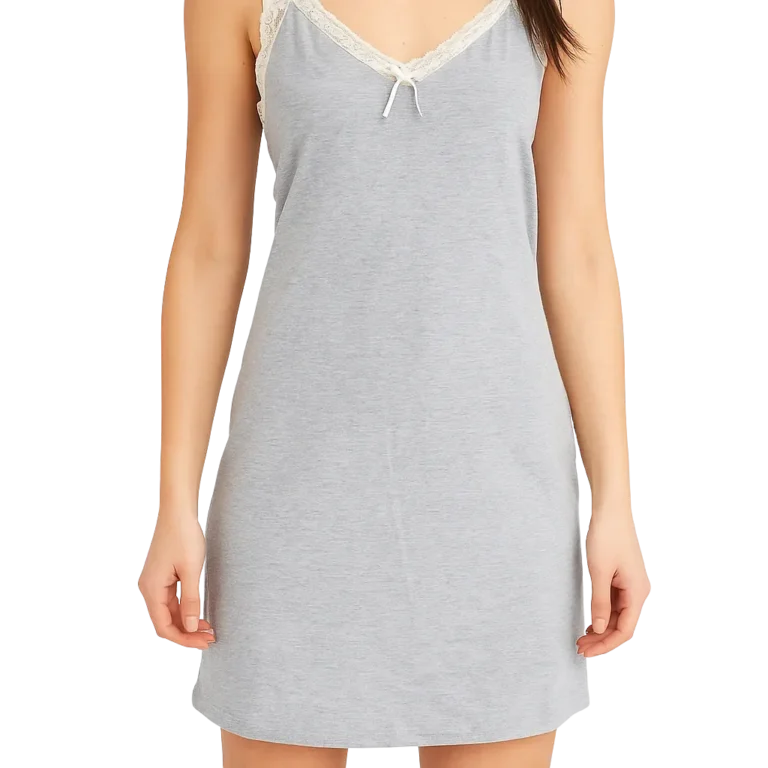When fashion brands decide to work with Indian manufacturers, the opportunities are huge – but so are the uncertainties. Many new brands are excited about India’s strengths in knitwear, loungewear, and private label apparel, but often wonder: What exactly happens after that first call? How does an idea become a finished collection shipped across the world?
This guide takes you behind the scenes of Indian garment sourcing, mapping out every stage of the journey. Whether you’re a startup looking for low-MOQ solutions or an established label scaling production, this transparent roadmap will help you navigate with confidence.
Step 1: The First Call – Defining the Vision
The journey begins with an introduction. A brand reaches out, and the manufacturer listens closely to understand the vision. At this point, clarity is everything:
Who is your target customer?
What fabrics suit your market? (organic cotton, modal blends, bamboo, rayon)
What quantities are realistic? (India’s fabric mills work with MOQ minimums)
What budget are you working with?
A well-prepared brand often comes with a tech pack or references. But even without one, a skilled Indian sourcing partner can guide the conversation and highlight what’s needed before the next step.
Step 2: From Sketch to Sample
Sampling is where ideas take shape. Manufacturers in Tiruppur treat this phase as problem-solving as much as production.
Proto samples give the first impression of fit and style.
Fit samples refine the silhouette after feedback.
Pre-production (PP) samples become the benchmark for bulk.
💡 Buyer Insight: Samples aren’t free because mills demand minimum fabric lots – even for one piece. A transparent manufacturer explains this so brands understand that sampling is an investment, not a hidden fee.
Step 3: Fabric Approvals – Building the Foundation
Fabrics define how garments look, feel, and perform. Indian manufacturers give brands access to a wide spectrum: compact cotton jersey for streetwear, bamboo-modal blends for premium loungewear, rayon-spandex for drapey women’s tops.
Before bulk production, brands should:
Approve lab dips for color accuracy.
Review test reports (shrinkage, wash fastness, pilling).
Request certifications like OEKO-TEX or GOTS if targeting sustainable markets.
This stage ensures compliance for US, EU, and UK buyers, where regulations can make or break a collection’s launch.
Step 4: Order Confirmation & Pre-Production Planning
Once samples and fabrics are signed off, both sides confirm the order. This phase covers:
Finalizing MOQ and pricing tiers
Signing off on payment terms
Establishing a production calendar
Pre-production also includes approving trims, strike-offs for prints, and embroidery placements. At Mirthuni Apparel, we share live trackers so buyers can see exactly what stage their order is in – eliminating guesswork.
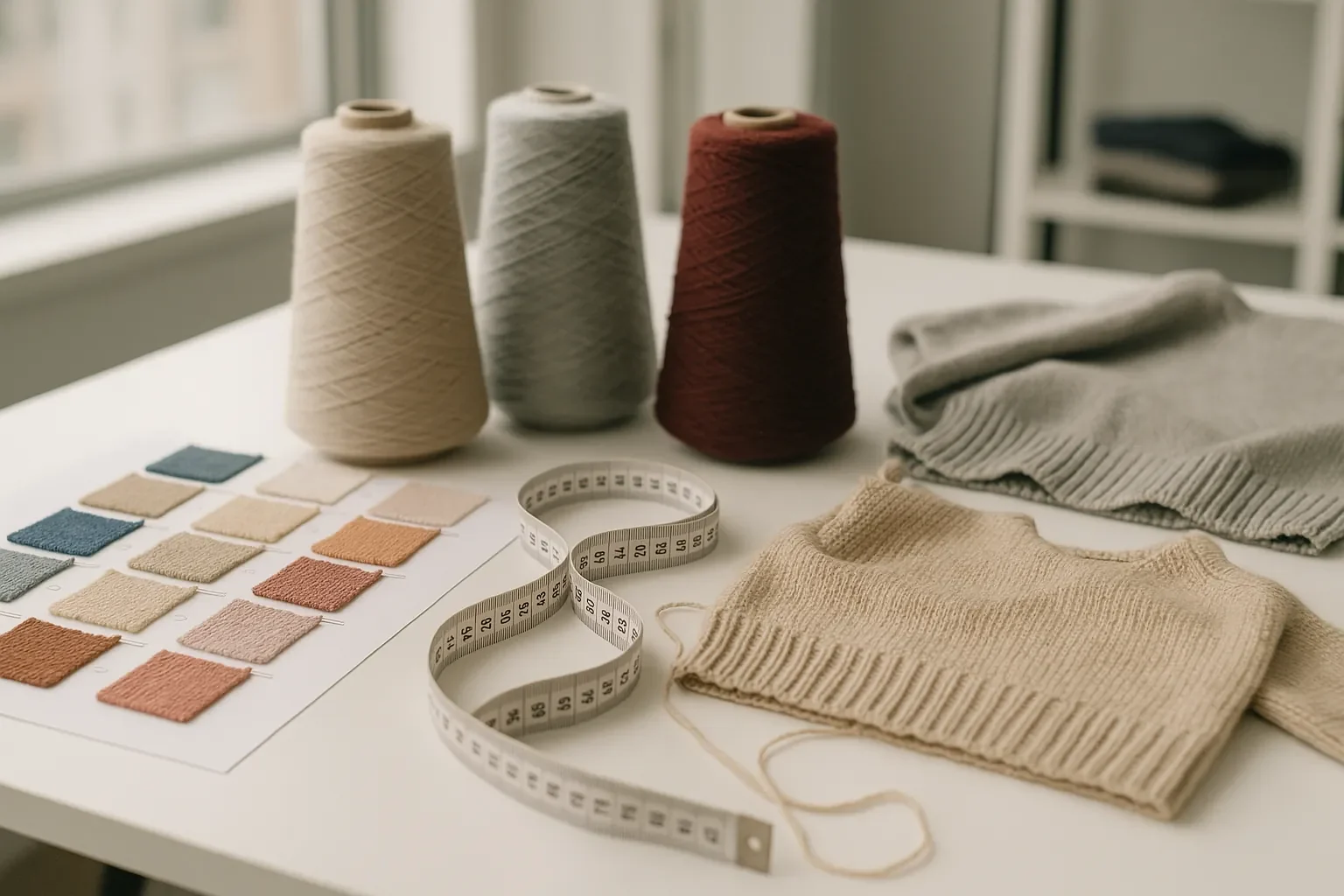
Step 5: Bulk Production & Quality Control
This is where Indian manufacturers shine. Tiruppur’s production units are highly specialized – cutting, stitching, finishing – each with trained operators.
Quality control is layered for transparency:
Inline checks catch errors early.
Midline checks ensure consistency.
Final inspections (based on AQL standards) provide independent assurance before shipping.
For fashion brands, knowing that QC is handled at multiple checkpoints is critical. It means the bulk shipment won’t surprise them with avoidable issues.
Step 6: Labels, Packaging & Brand Identity
The final garment is only half the story. Presentation matters. That’s why Indian manufacturers support brands with:
Custom woven or heat-transfer labels
Branded hangtags, barcodes, and packaging
Compliance labeling (care instructions, CPSIA suffocation warnings)
Sustainable options like biodegradable bags and recycled cartons
This allows fashion brands to receive retail-ready collections, not just plain garments.
Step 7: Logistics & Final Delivery
Once production is complete, goods are packed, documented, and shipped. Buyers typically choose between:
FOB – manufacturer delivers goods to port, buyer handles freight.
CIF – costs and freight bundled.
Air freight is faster for urgent launches, while sea freight is cost-effective for bulk runs. Either way, Indian manufacturers ensure documentation is in order – commercial invoices, packing lists, COO certificates, and BL/AWB papers.
Common Mistakes Fashion Brands Should Avoid
Even with a roadmap, some brands stumble. The most common mistakes include:
Ignoring the importance of a detailed tech pack.
Expecting MOQ below mill minimums.
Overlooking compliance certifications required for export markets.
Forgetting to factor in shipping timelines around trade shows or launches.
Avoiding these pitfalls saves brands both money and reputation.
Why Fashion Brands Choose Indian Manufacturers
Working with Indian manufacturers is no longer about chasing low costs. The industry has matured into a space defined by:
Transparency at every stage of sourcing.
Sustainable and certified fabrics.
Low-MOQ flexibility for startups.
Export-grade quality for global brands.
Reliable timelines aligned with fashion calendars.
This is why more fashion brands are turning to Tiruppur for private label sourcing and long-term partnerships.
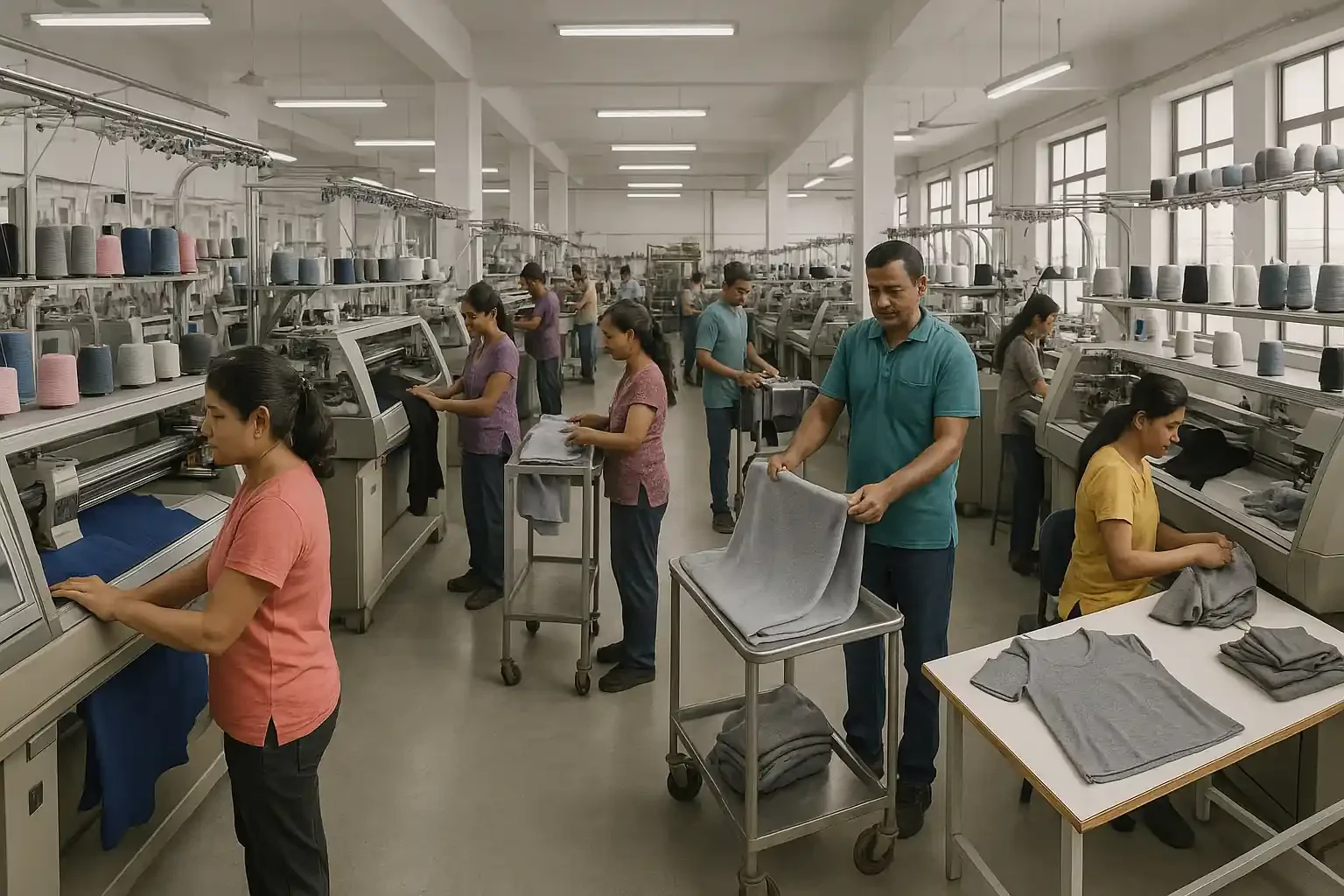
Conclusion
For international fashion brands, sourcing from Indian manufacturers doesn’t need to be complicated. With a clear roadmap – from the first call to the final delivery – the process becomes predictable and scalable.
At Mirthuni Apparel, we specialize in guiding brands through this journey with complete transparency, flexible MOQs, and export-ready quality. Whether you’re building a startup label or scaling a global collection, our team ensures your ideas move seamlessly from sketch to store.
👉 Ready to simplify your sourcing journey? Contact us today to turn your vision into garments that elevate your brand.
